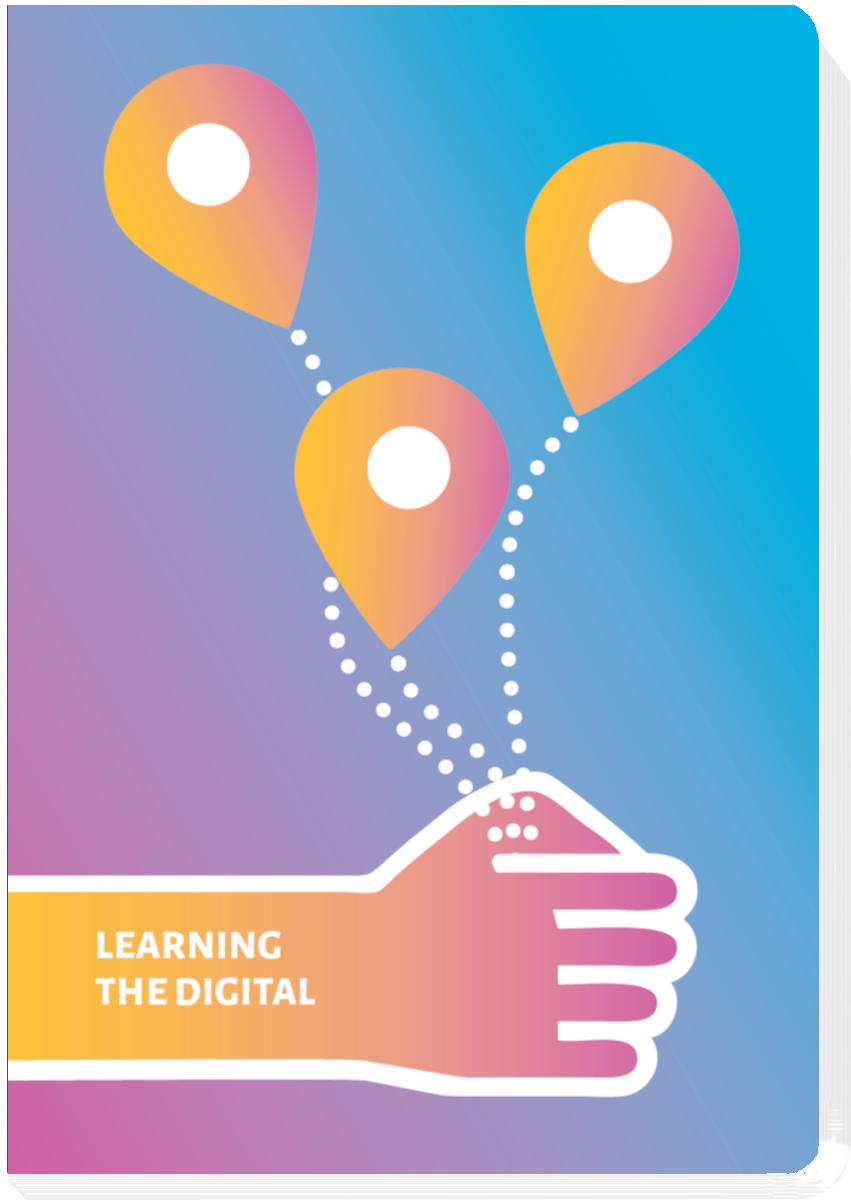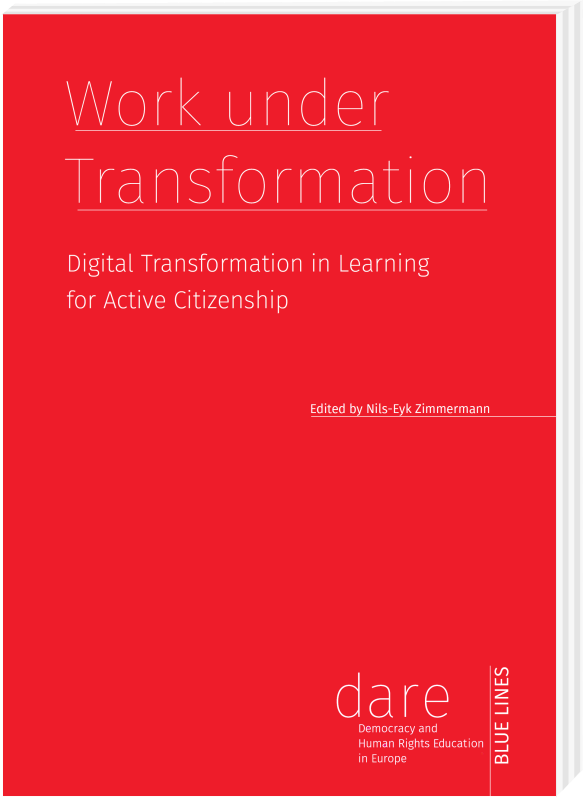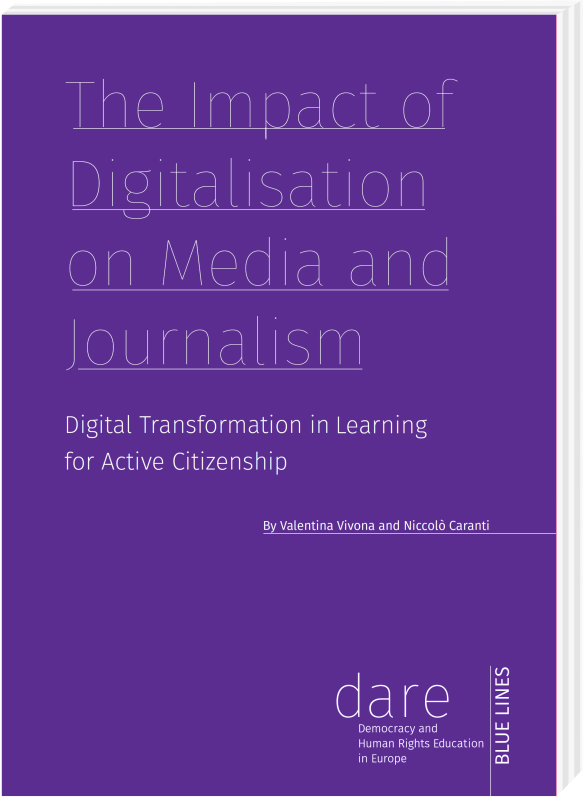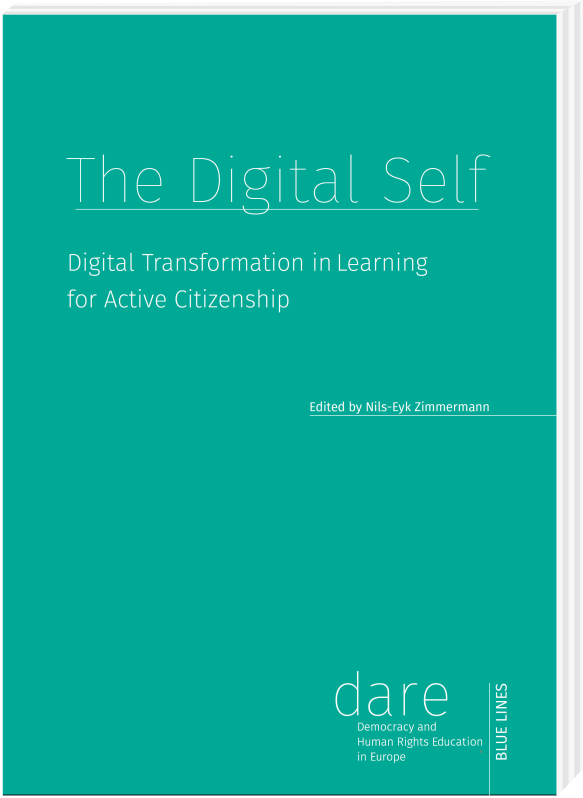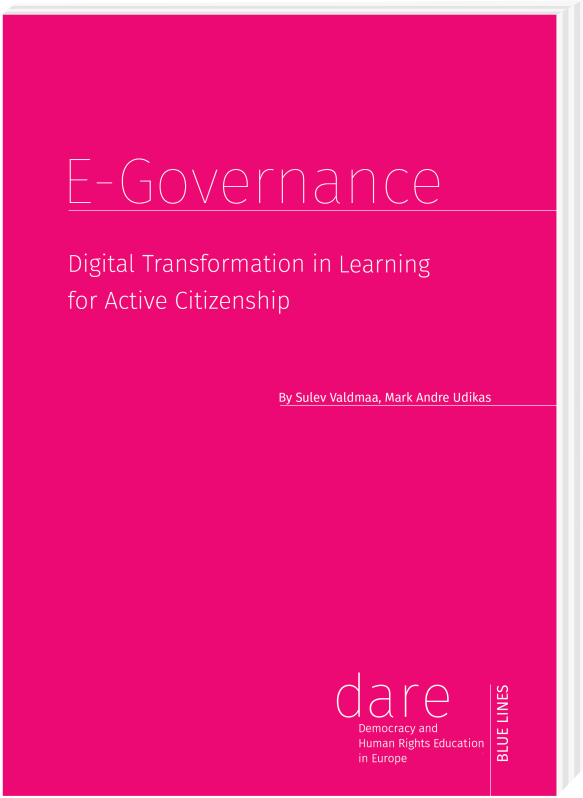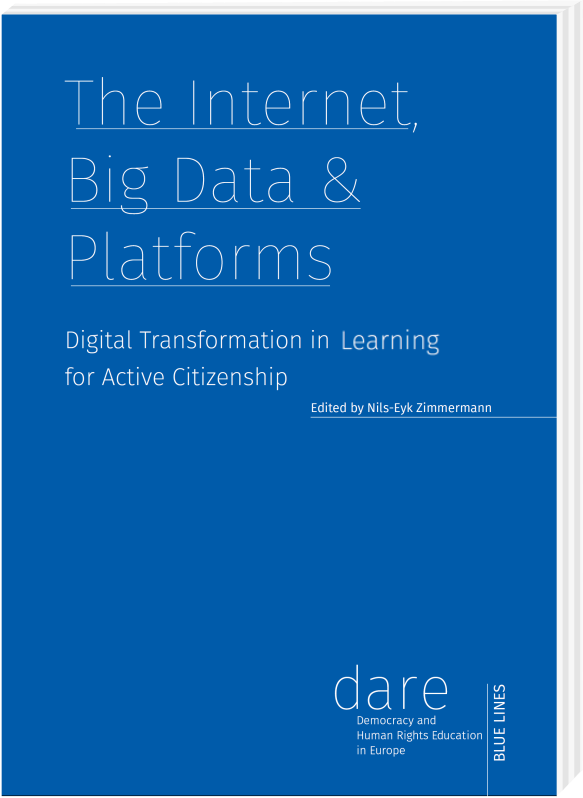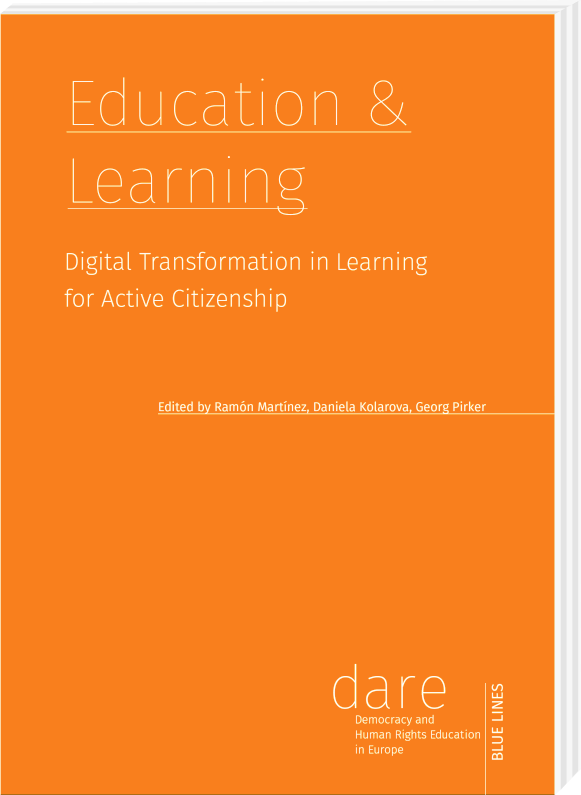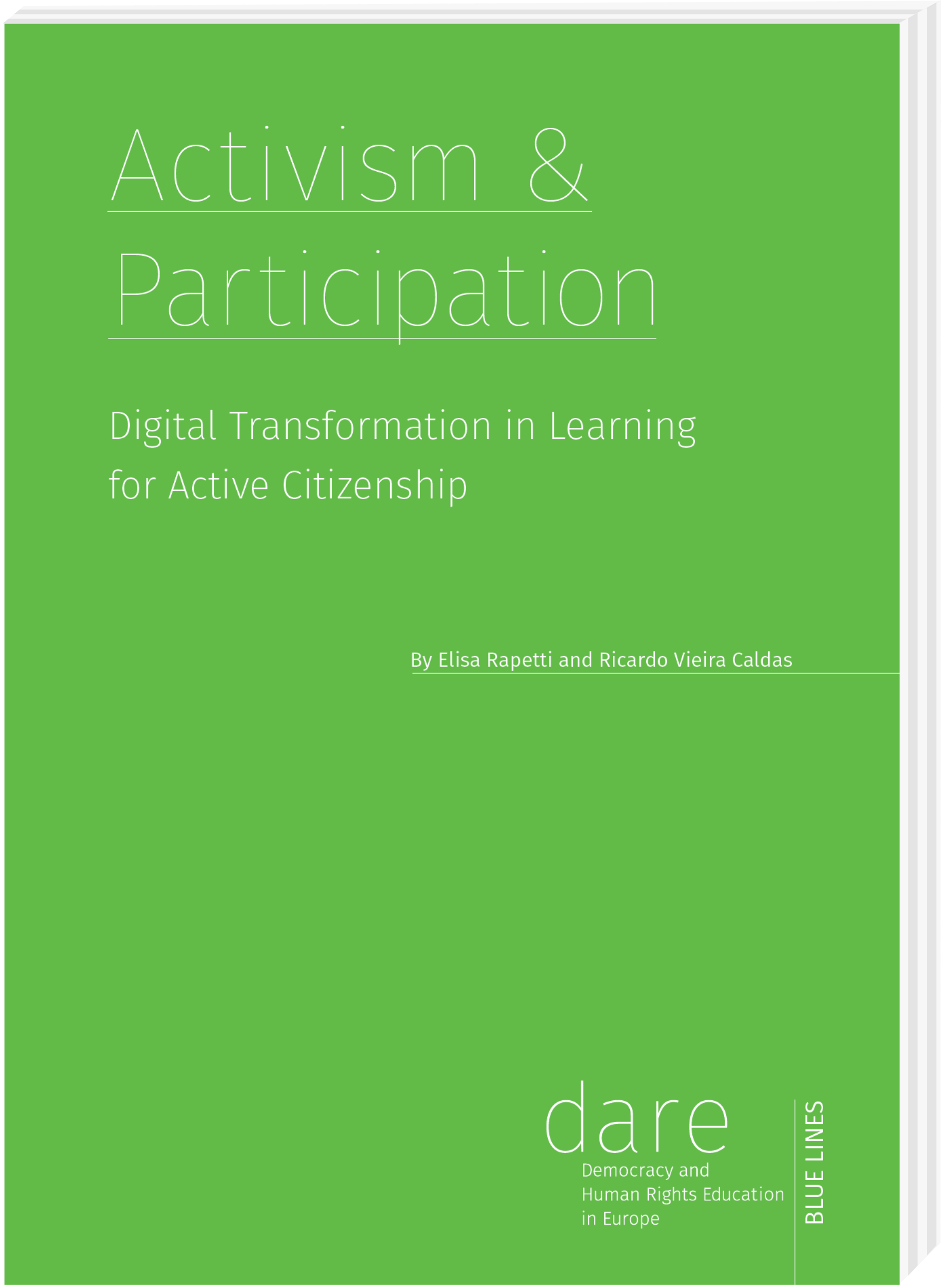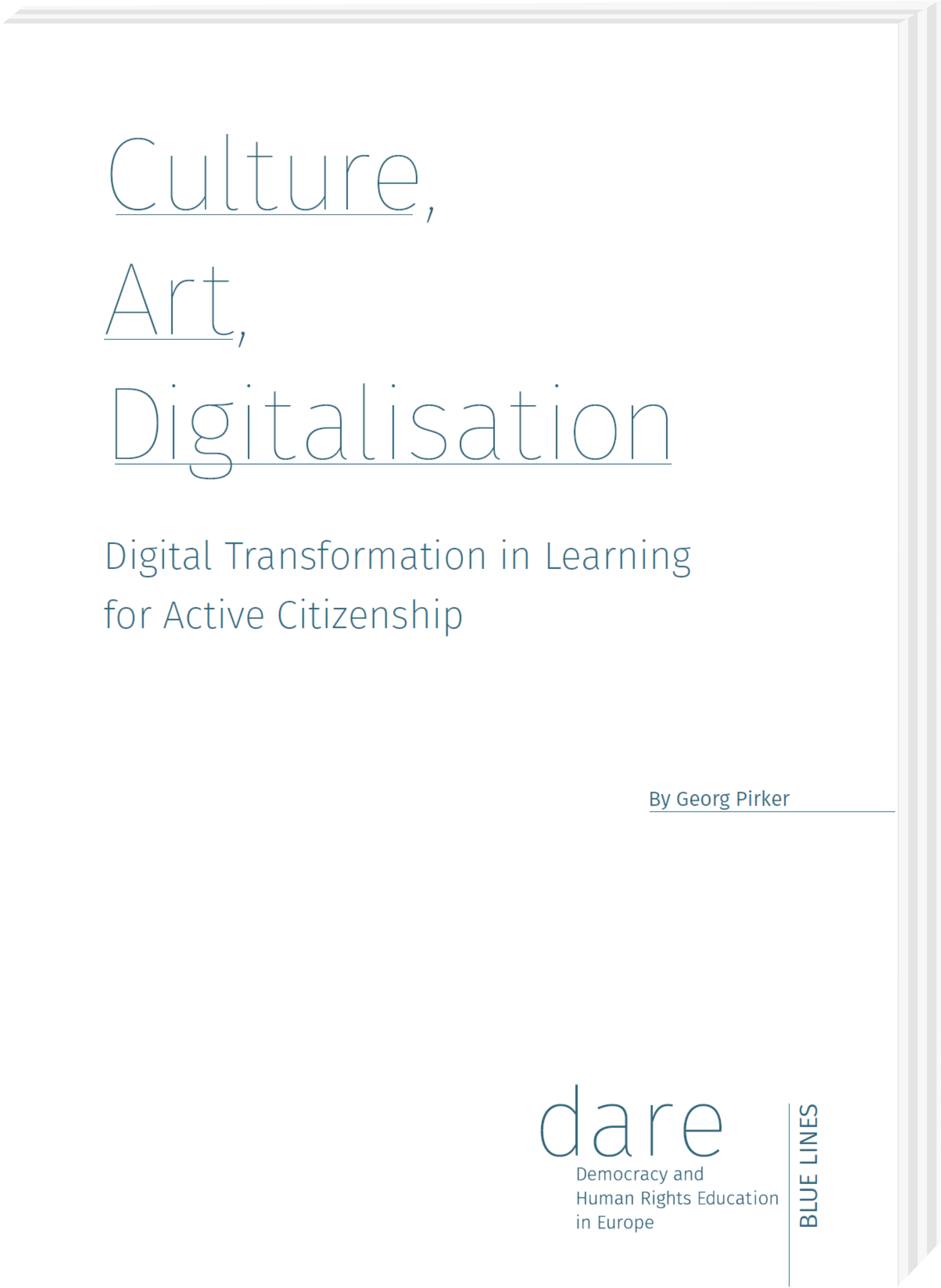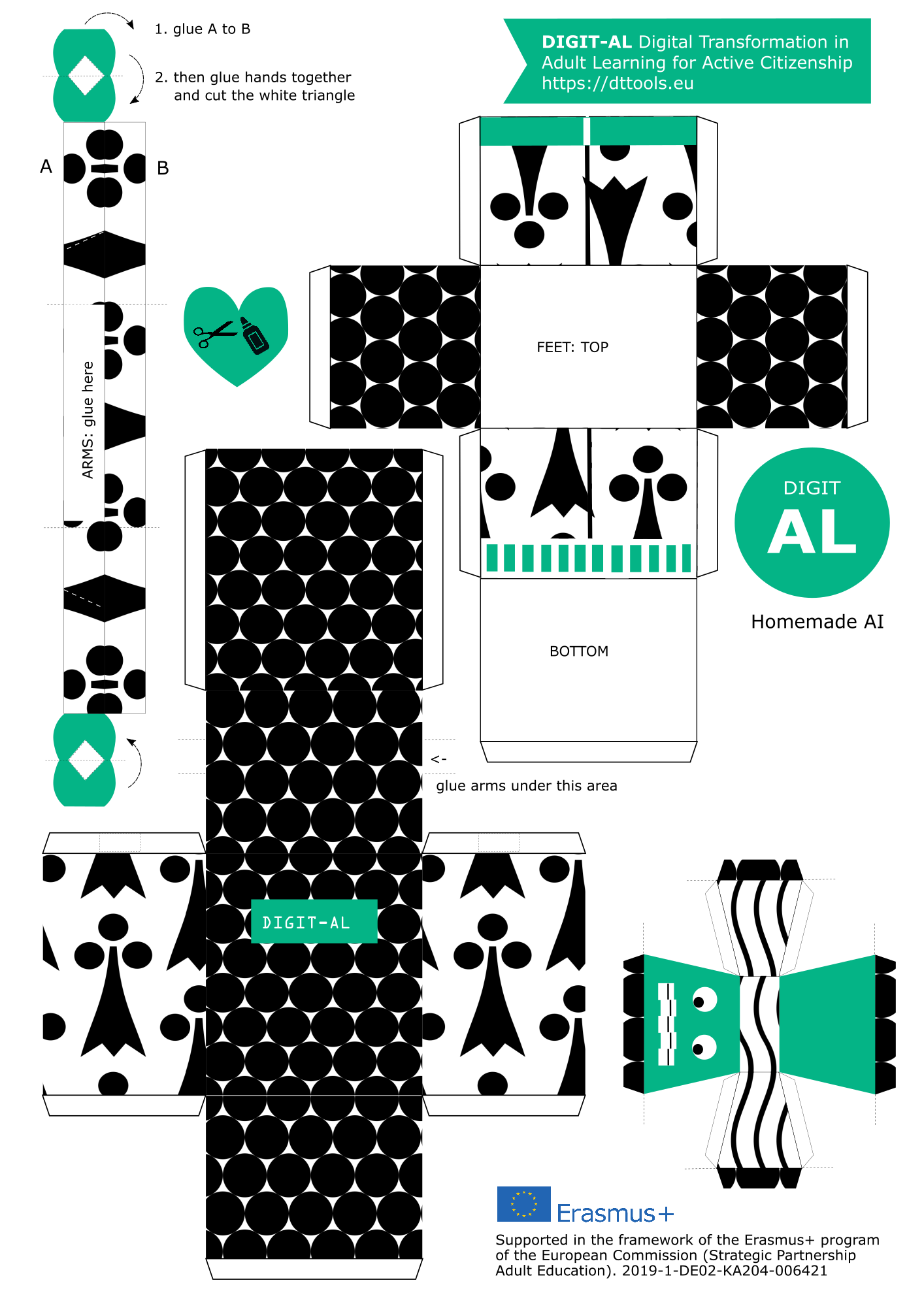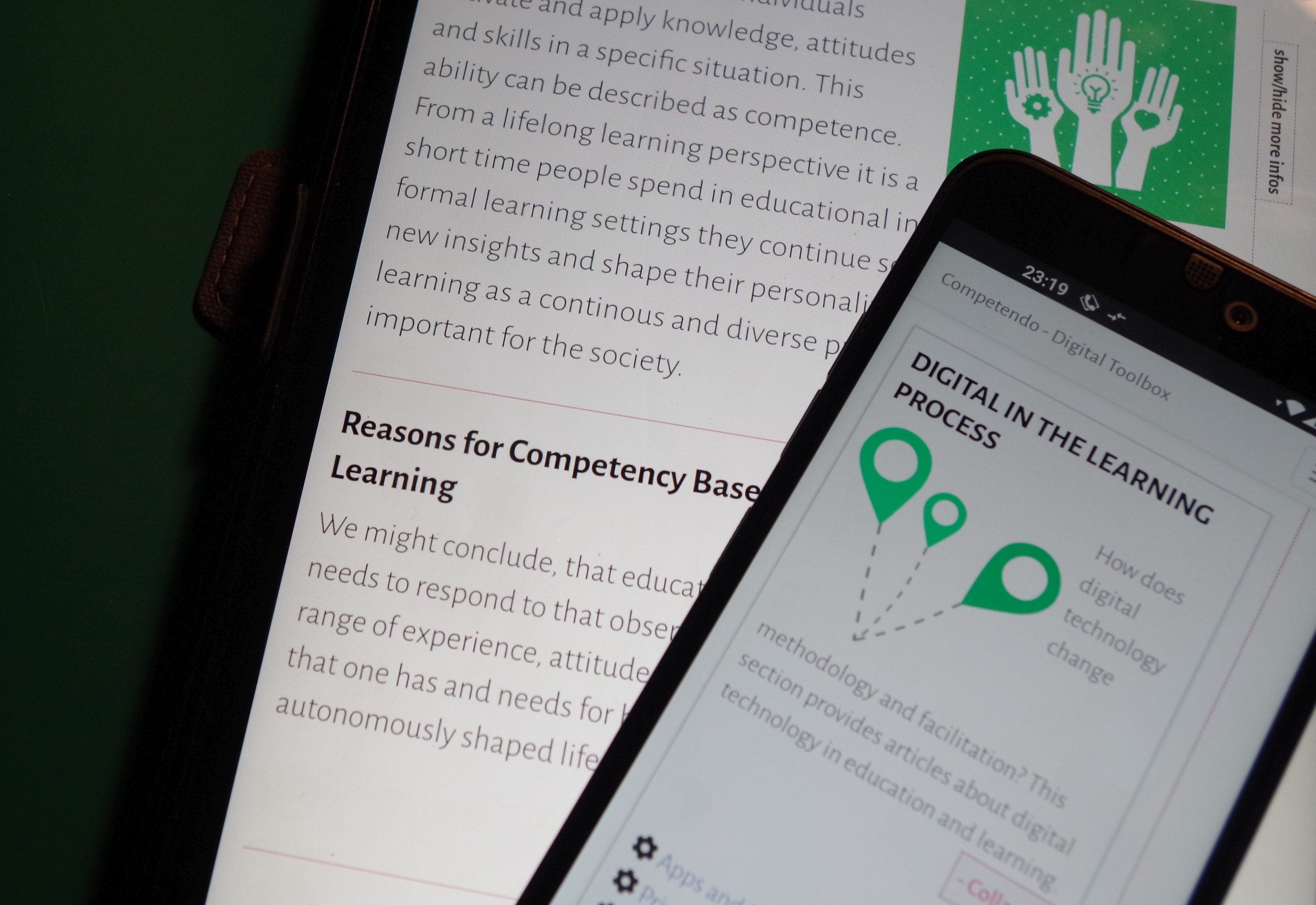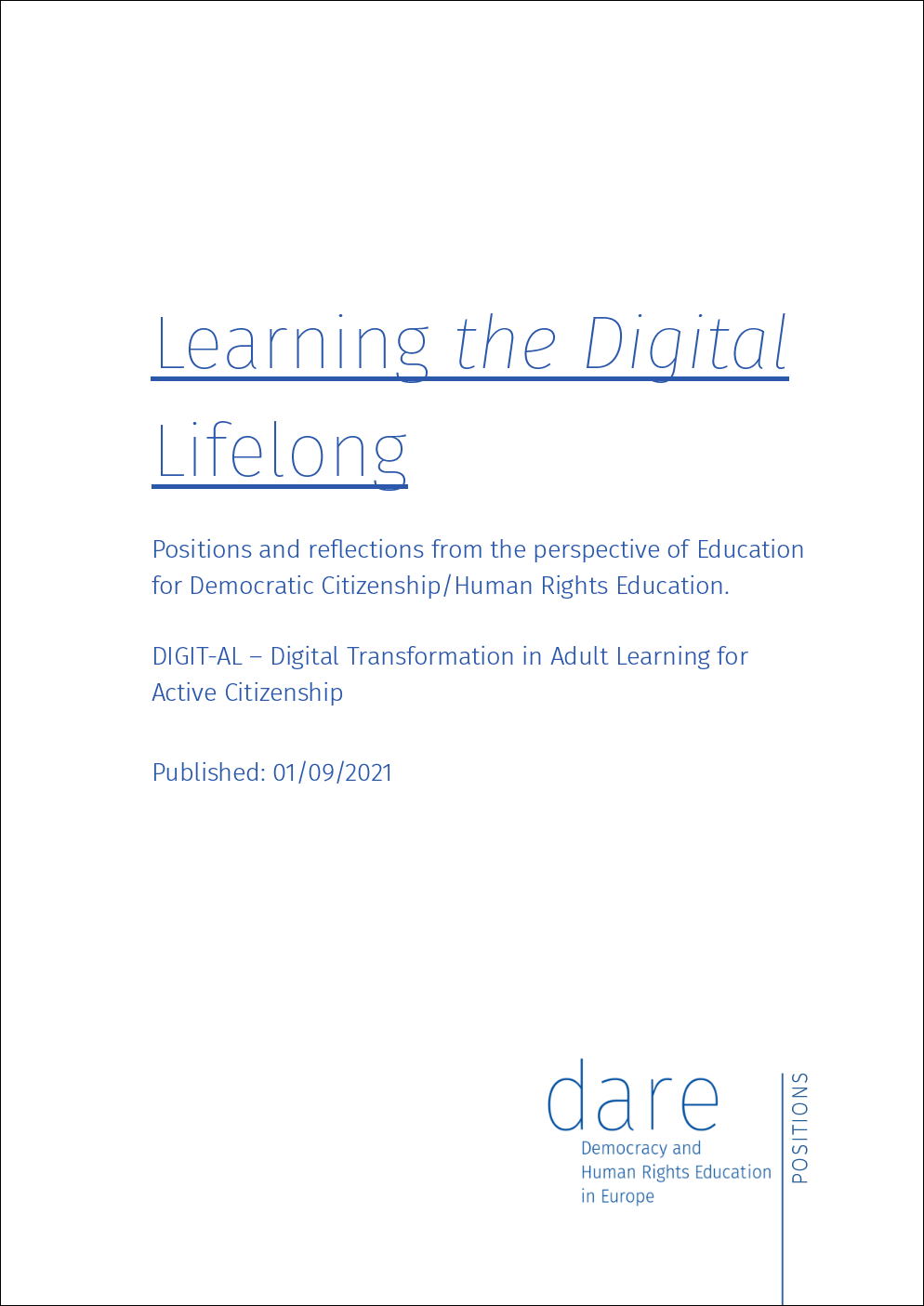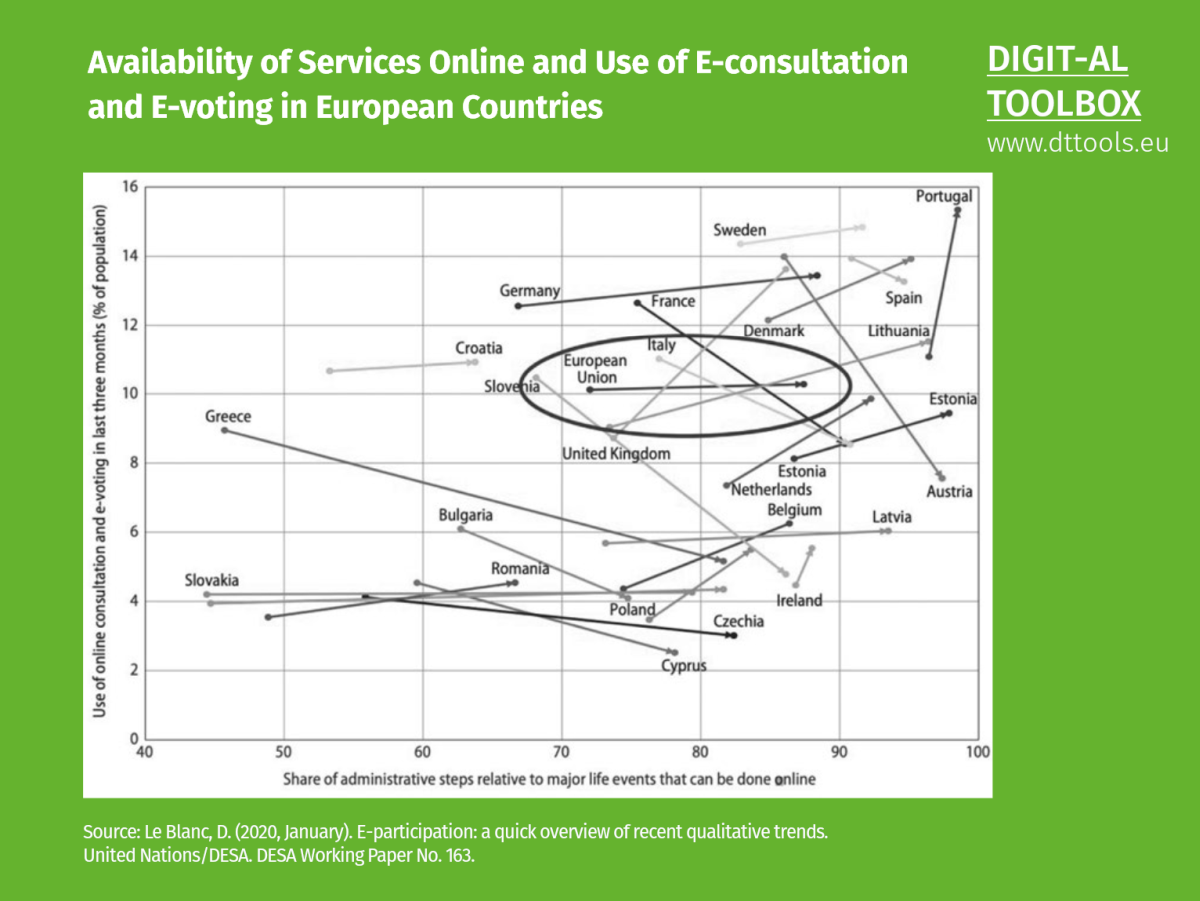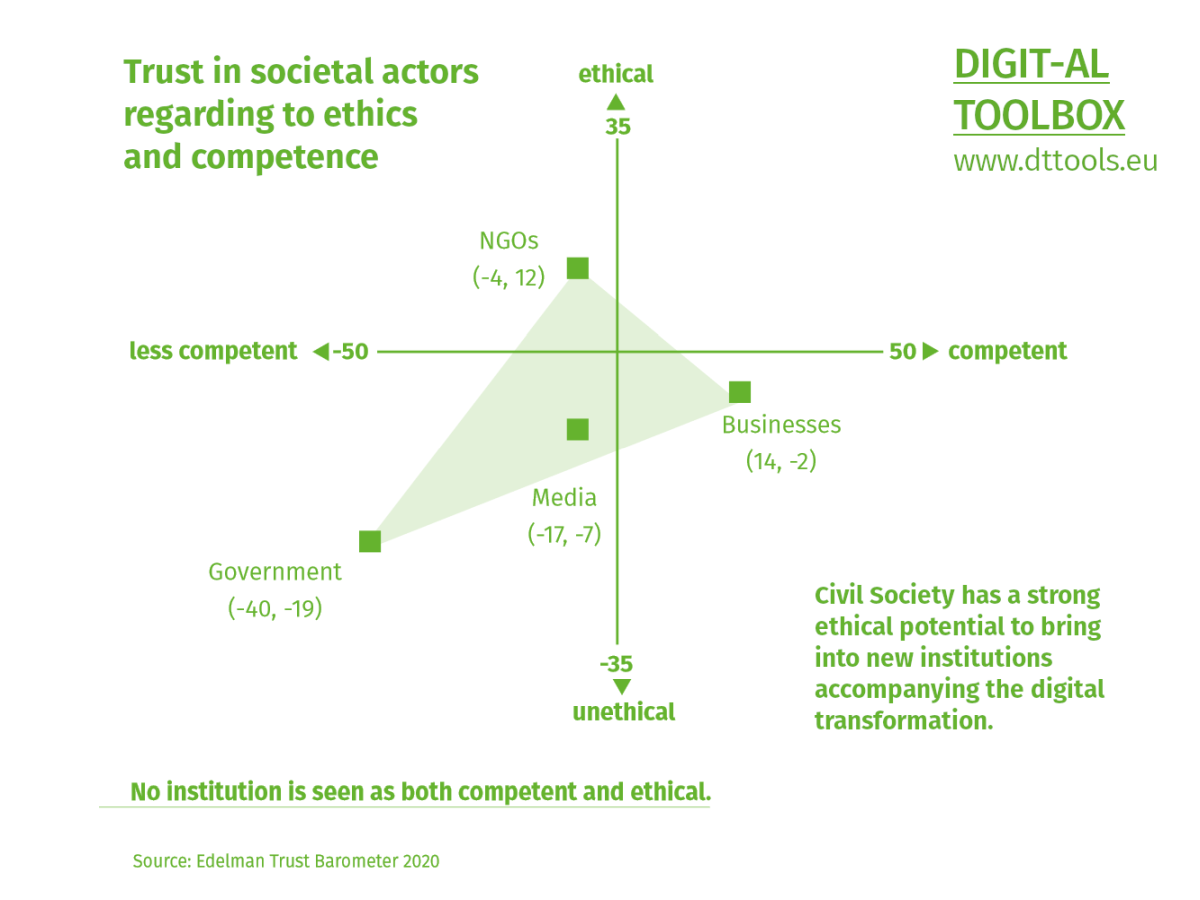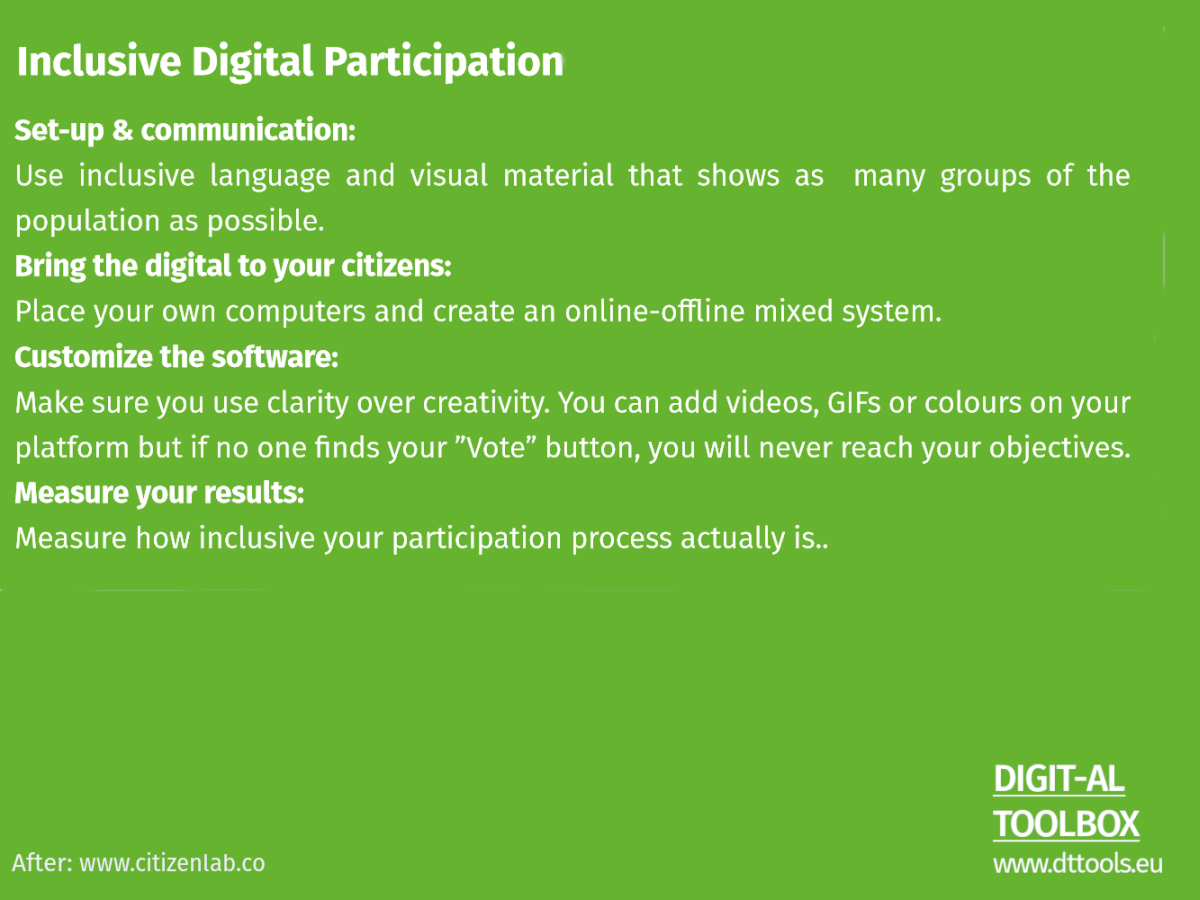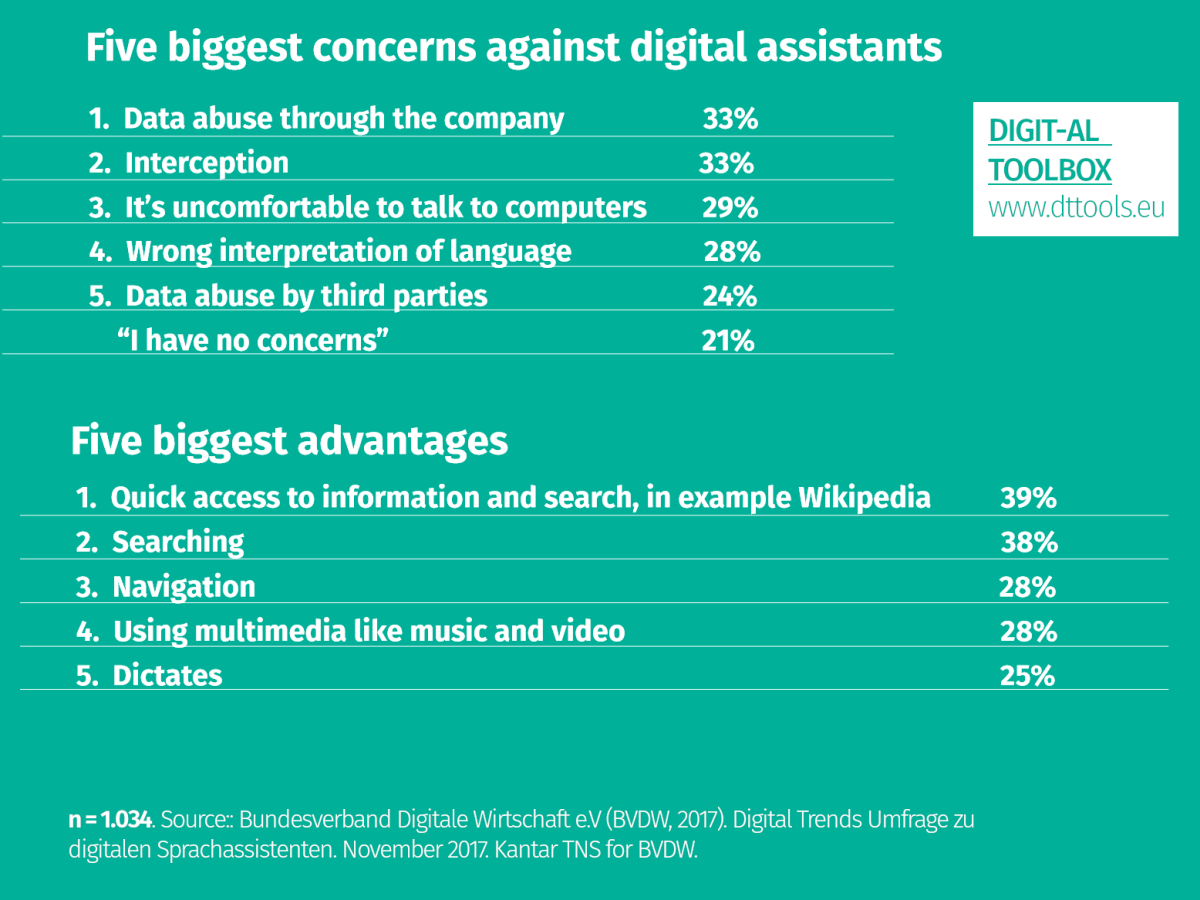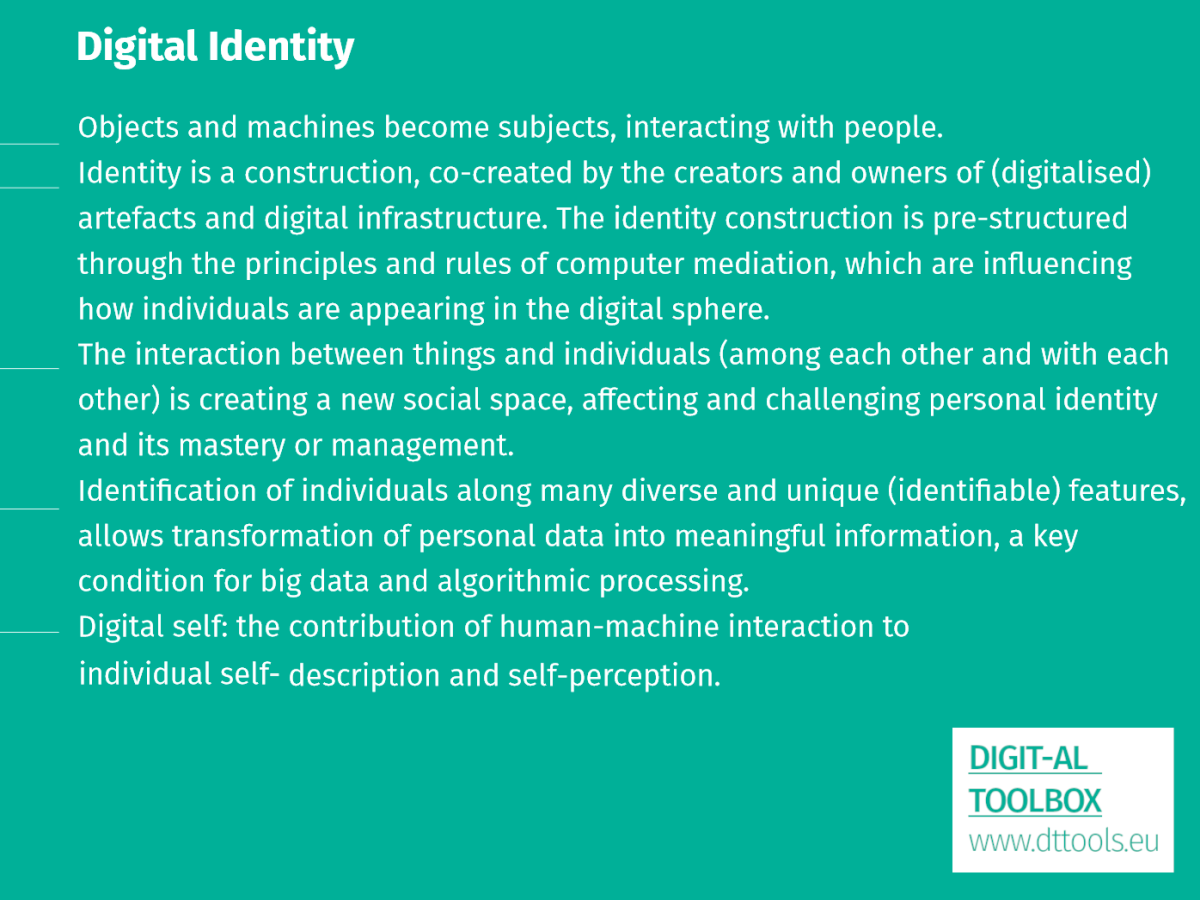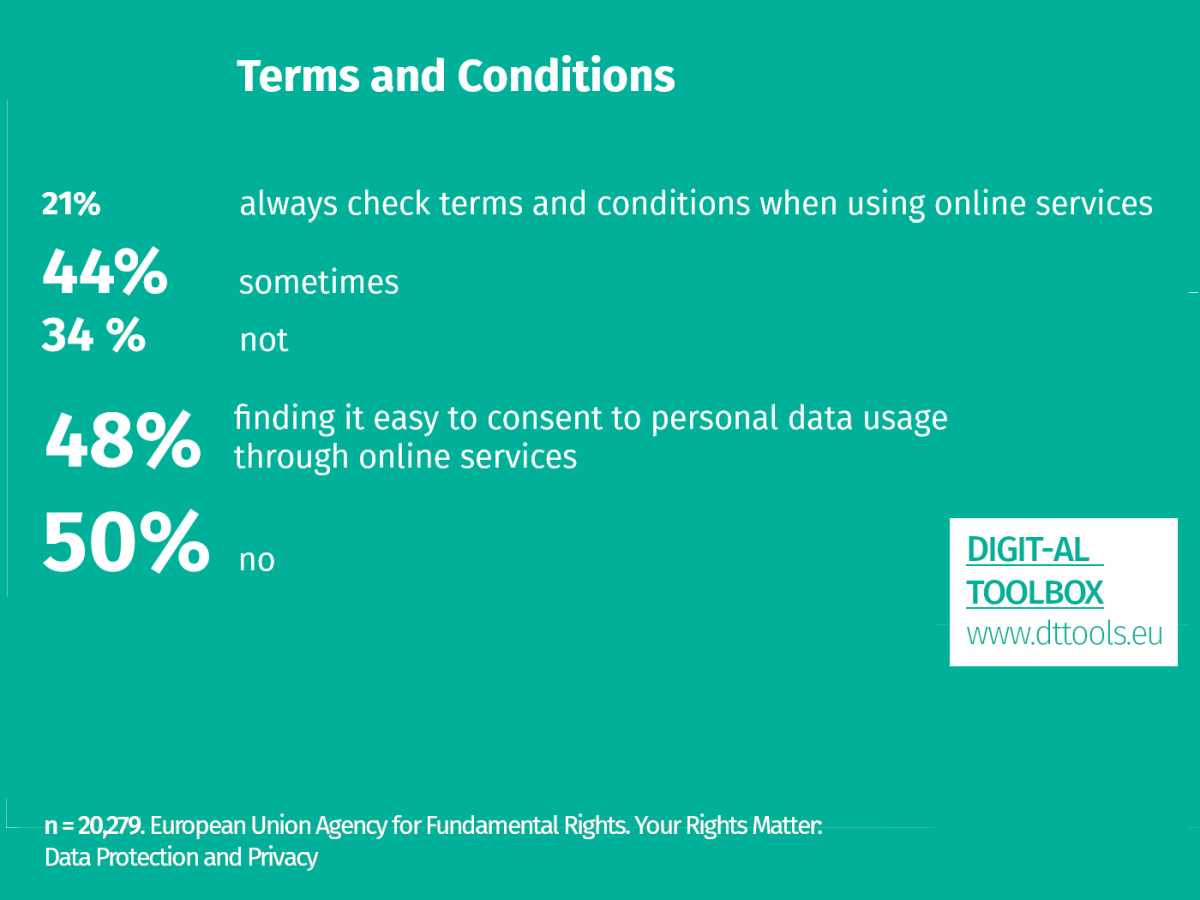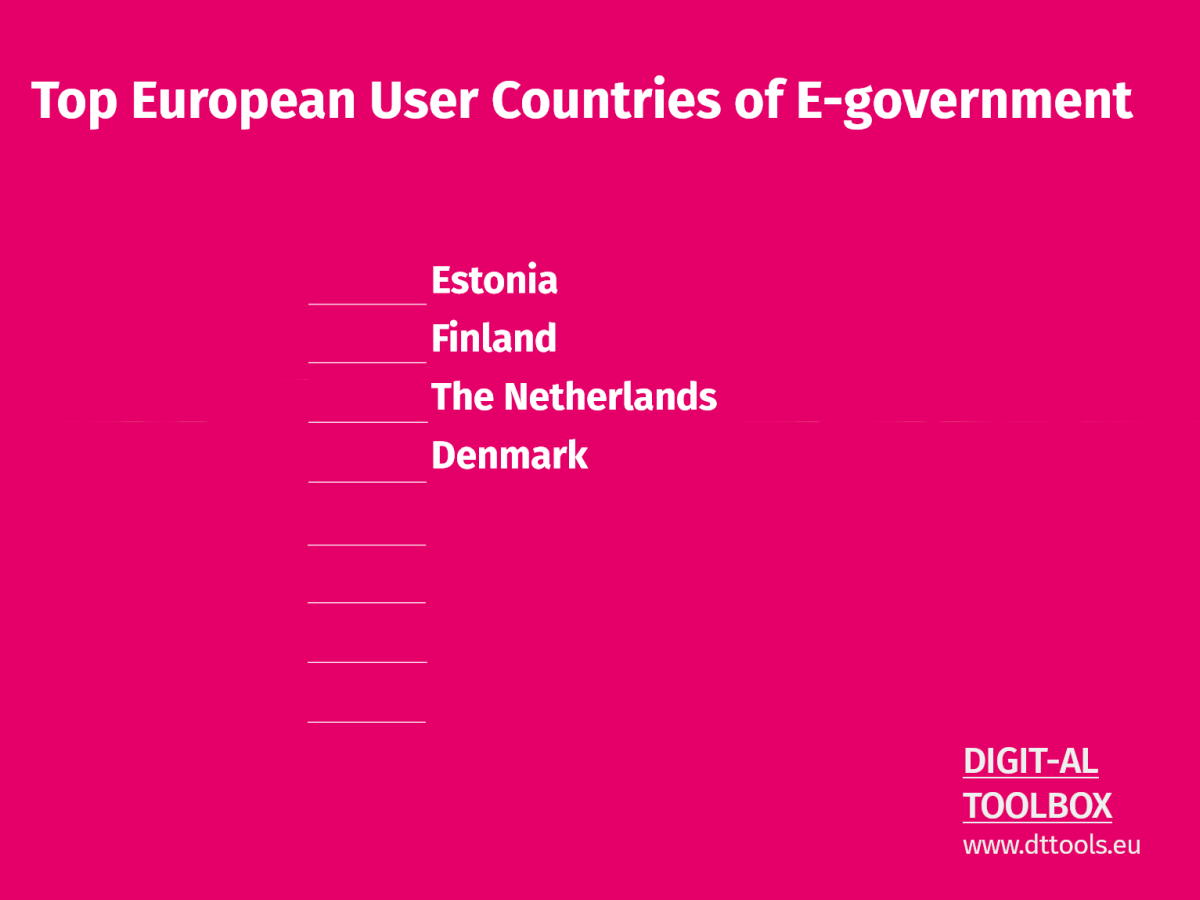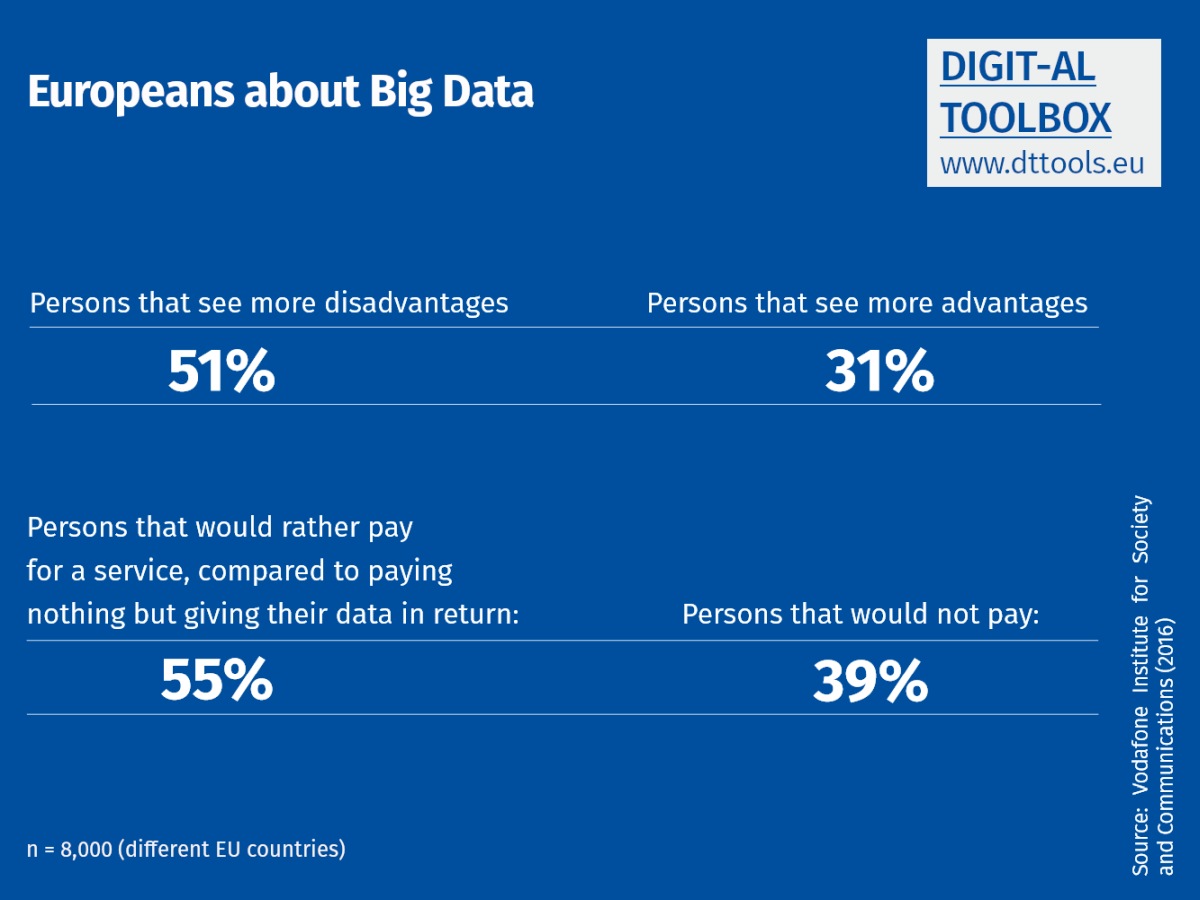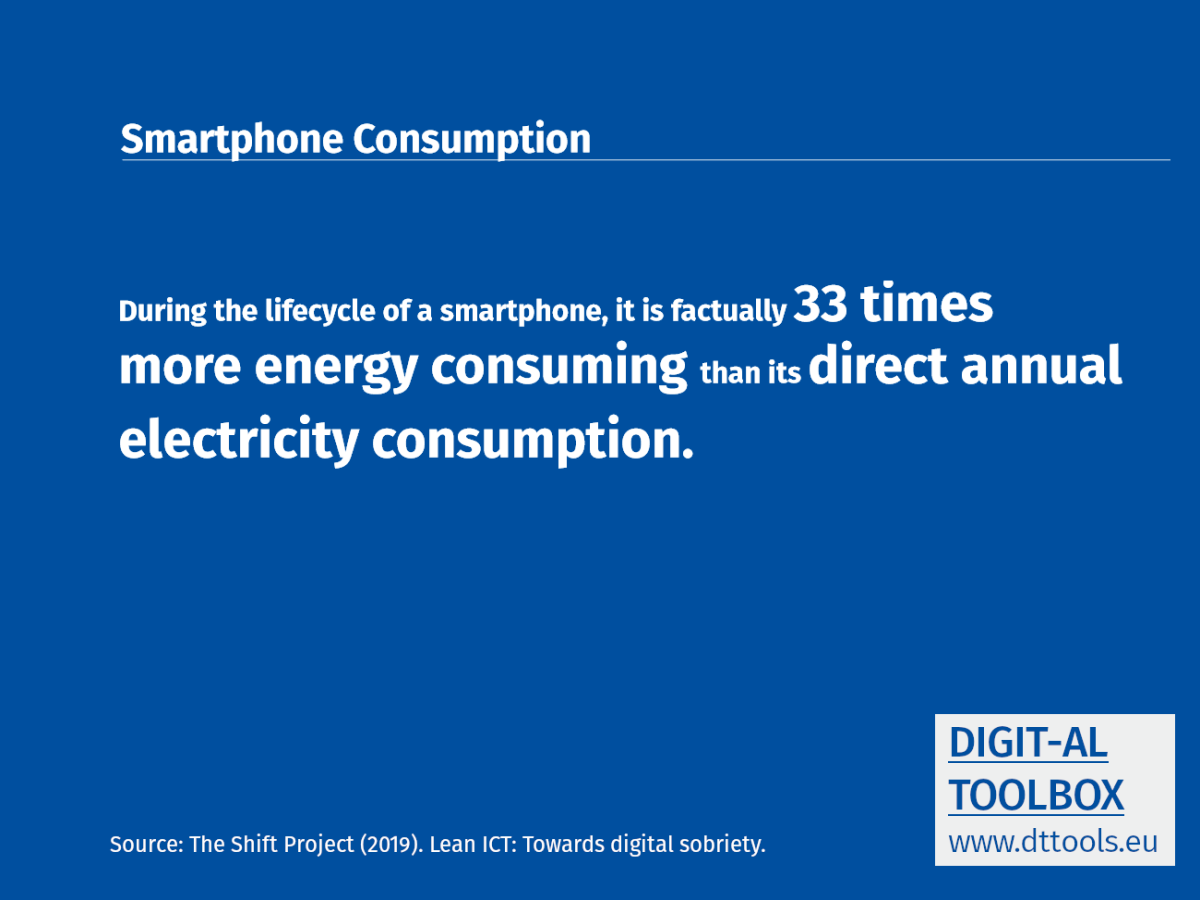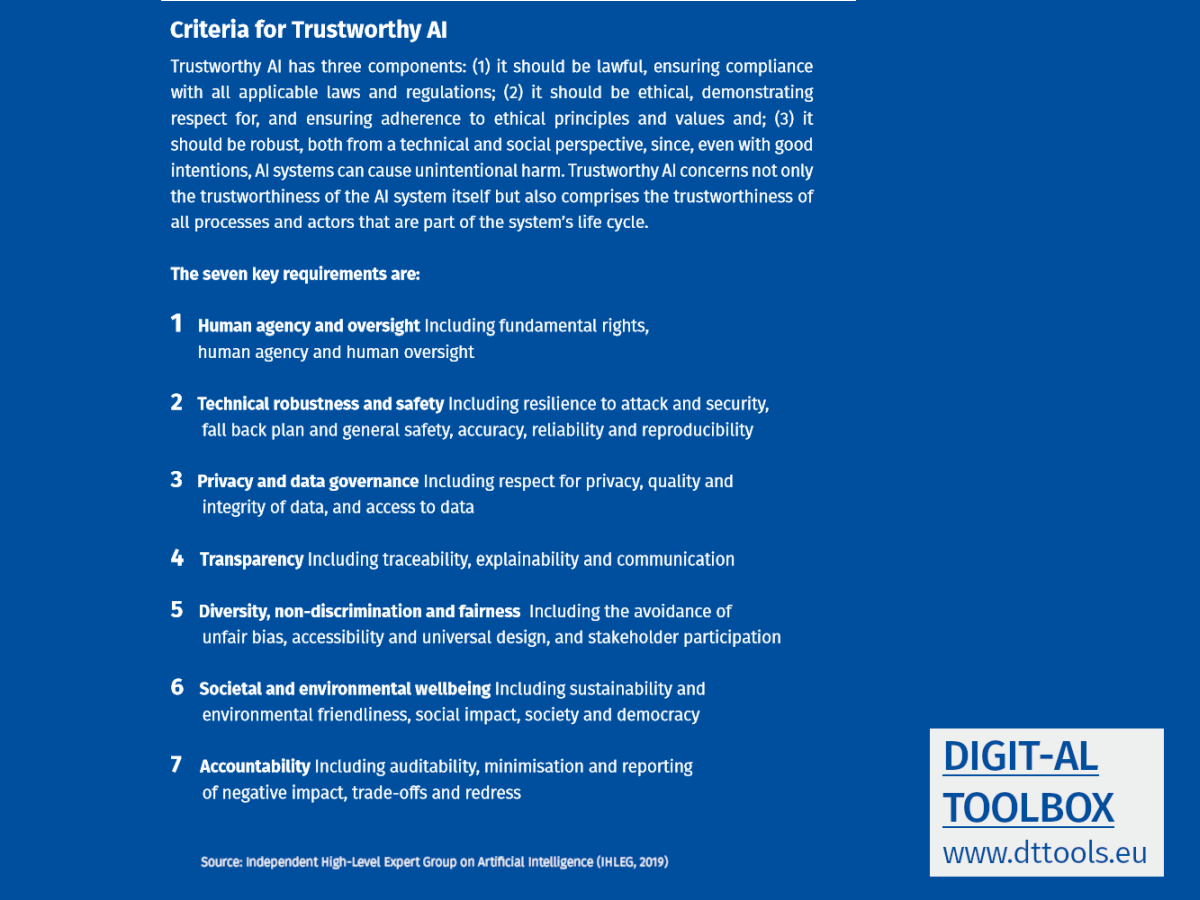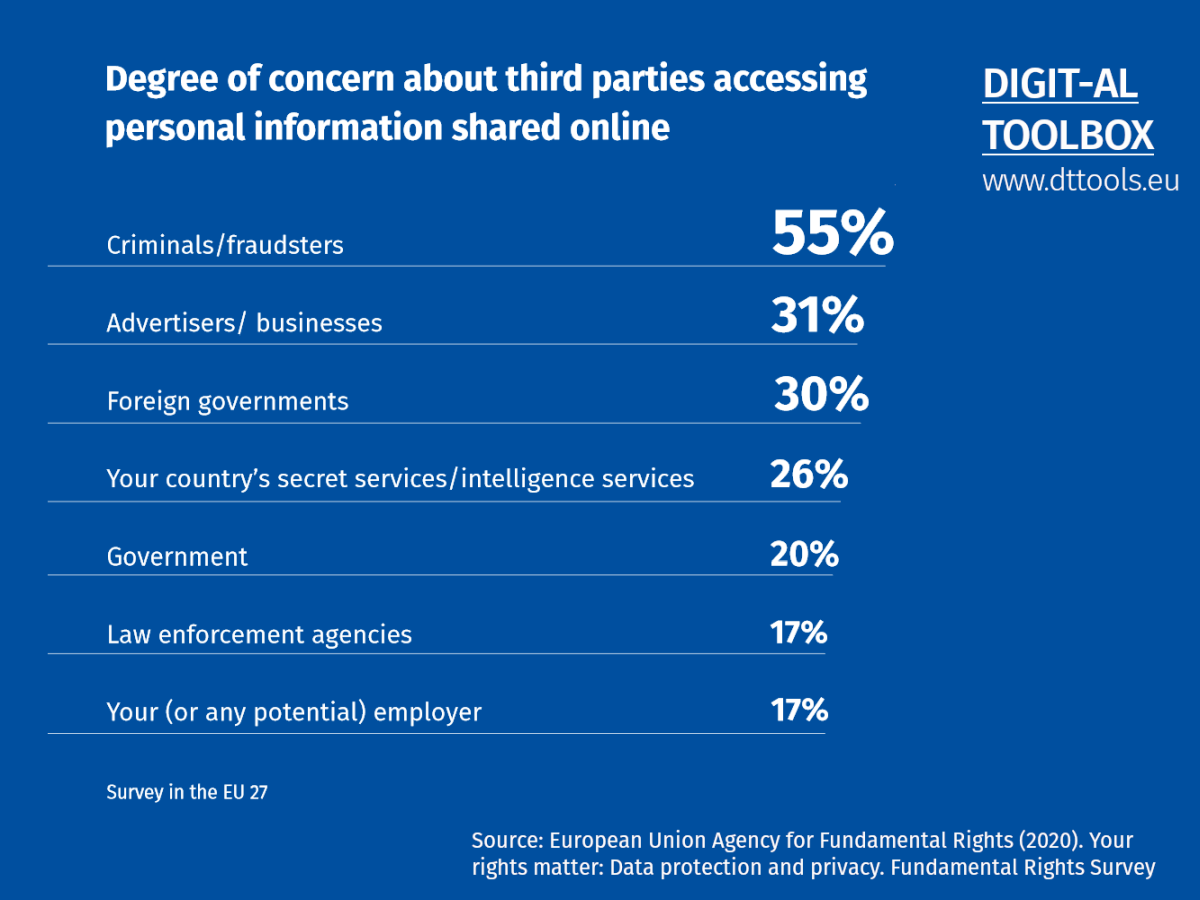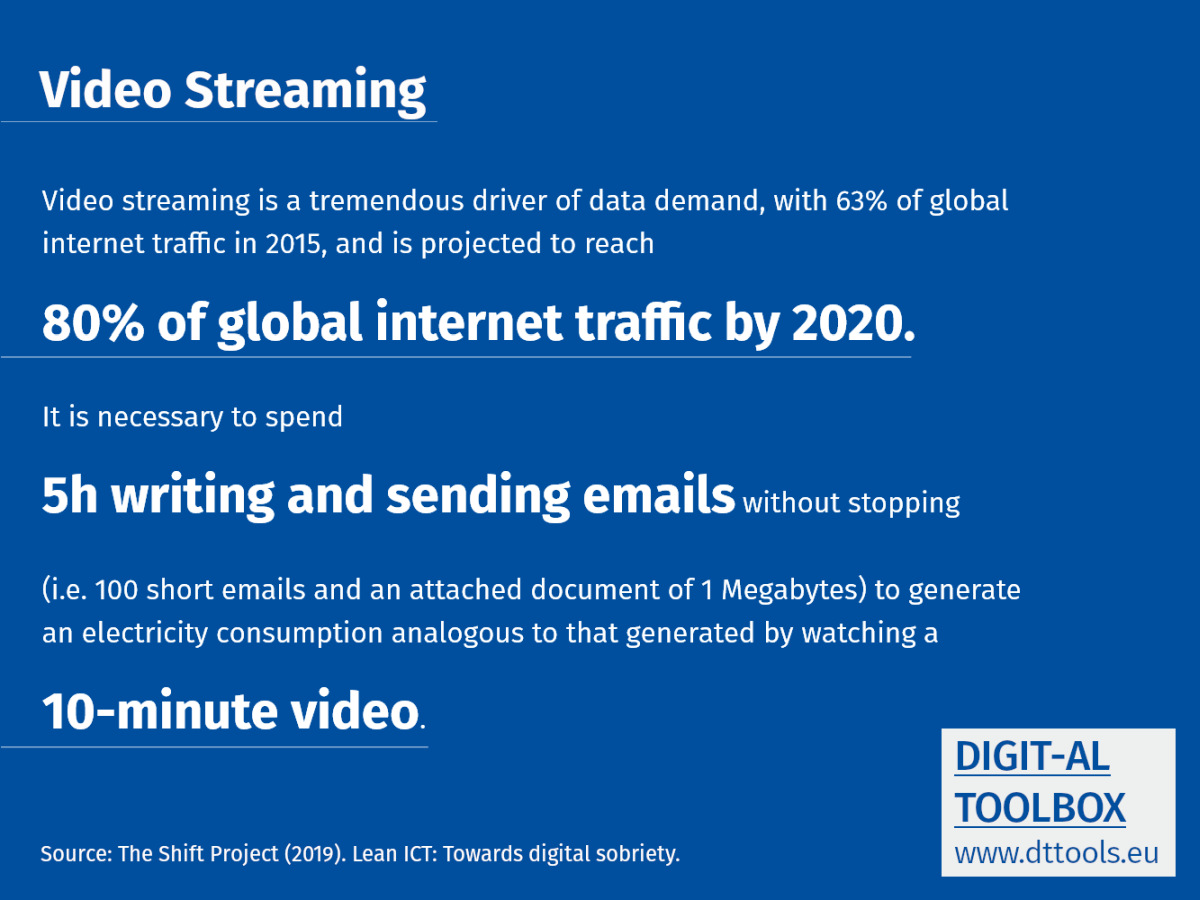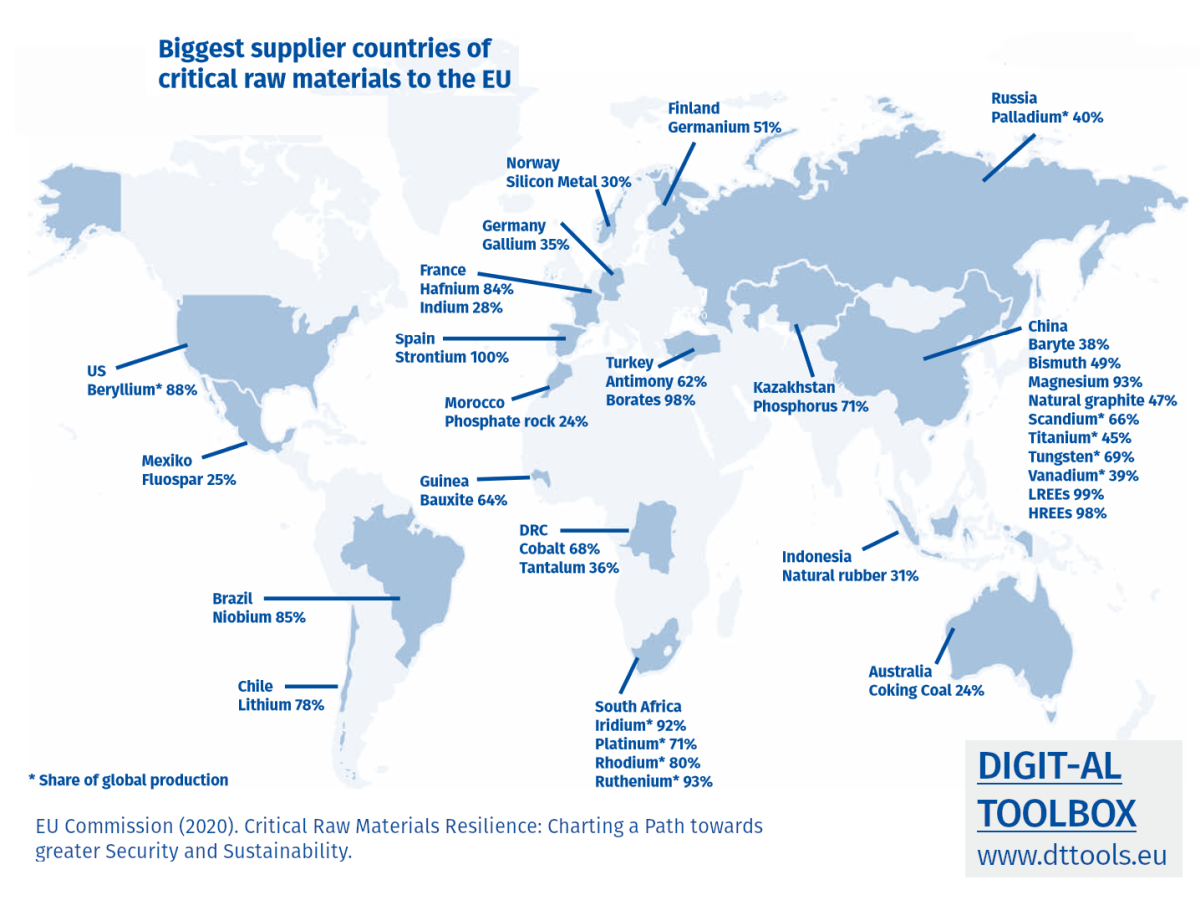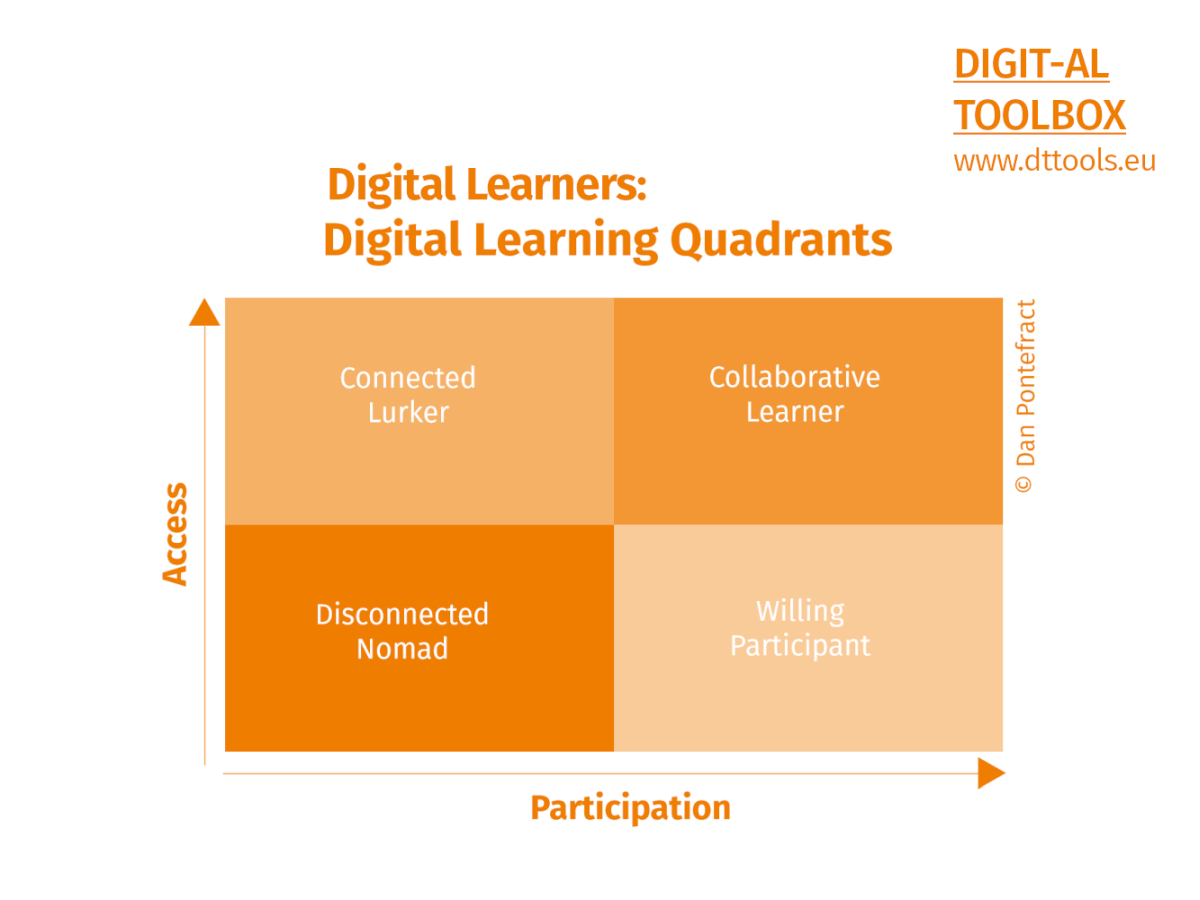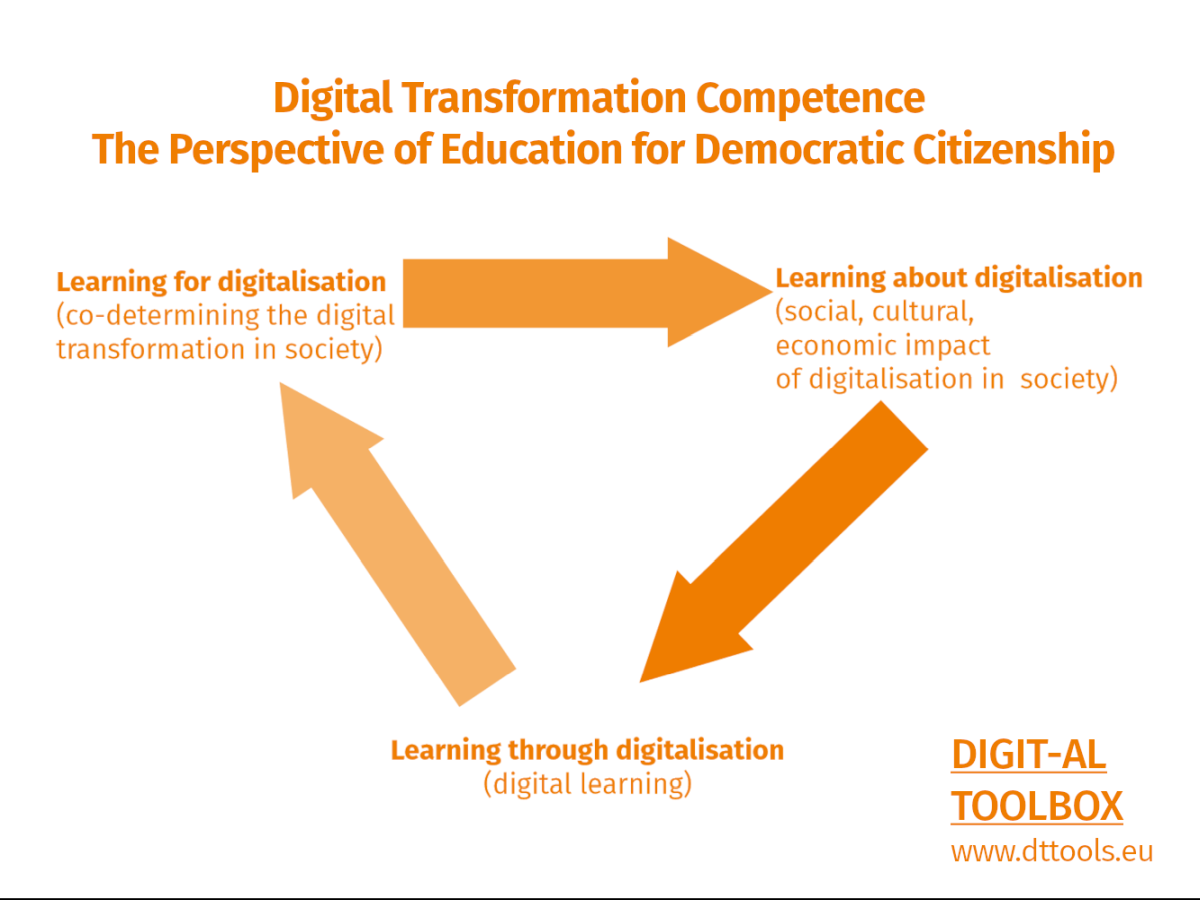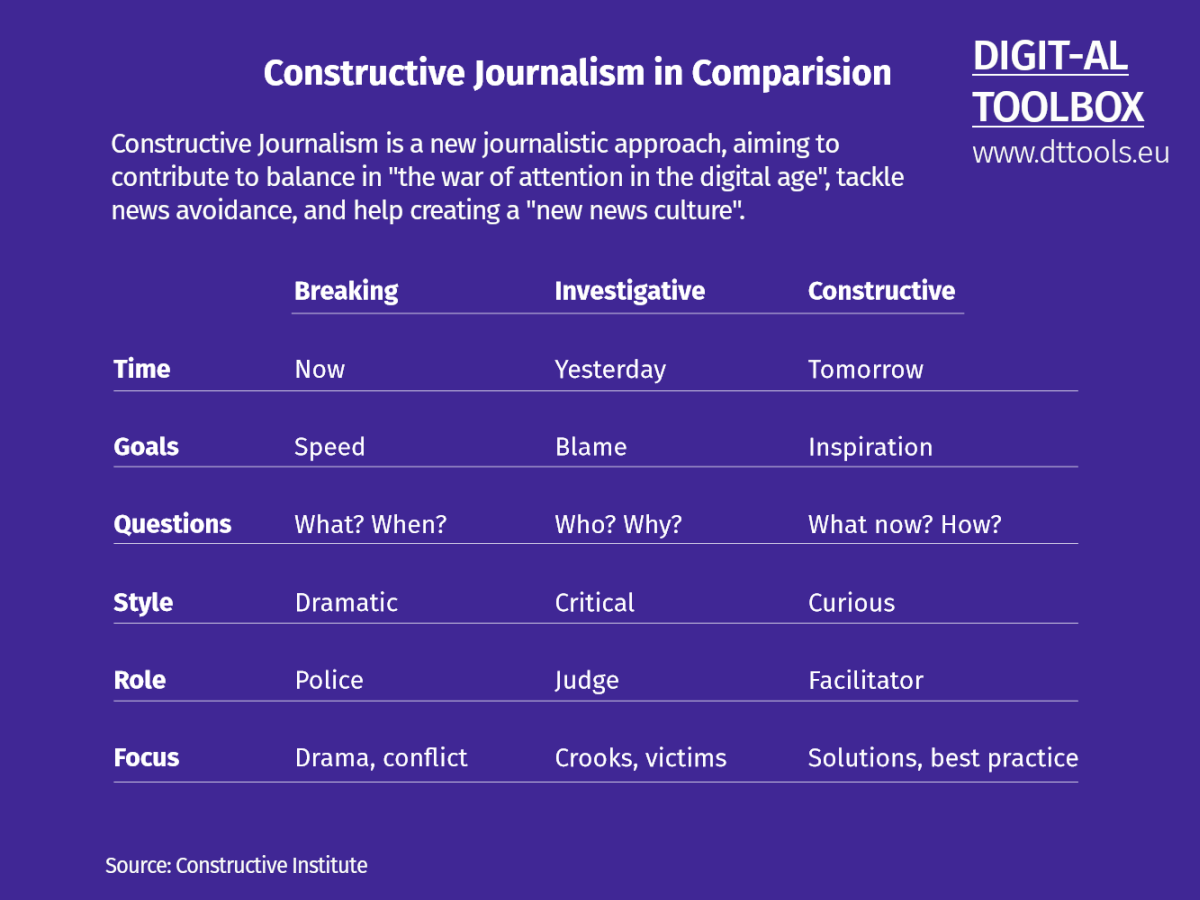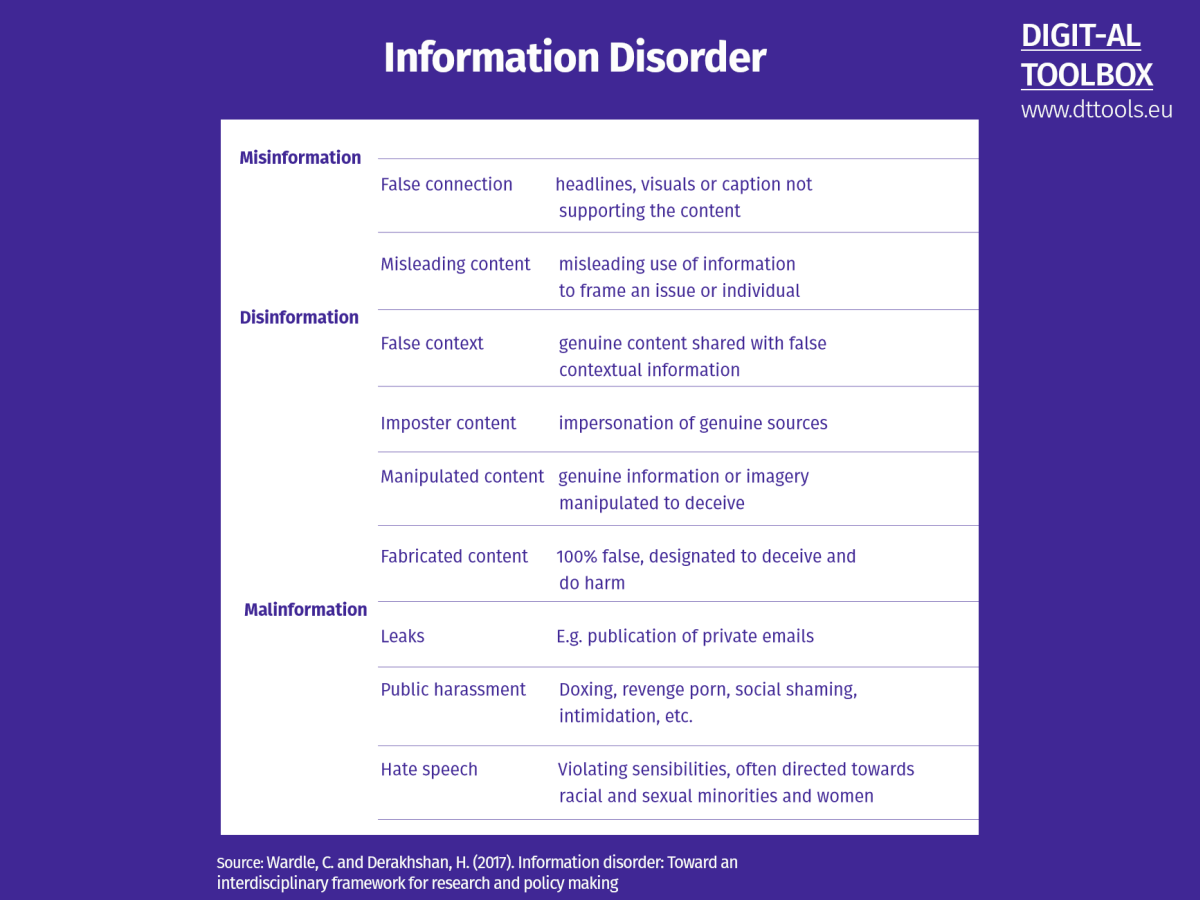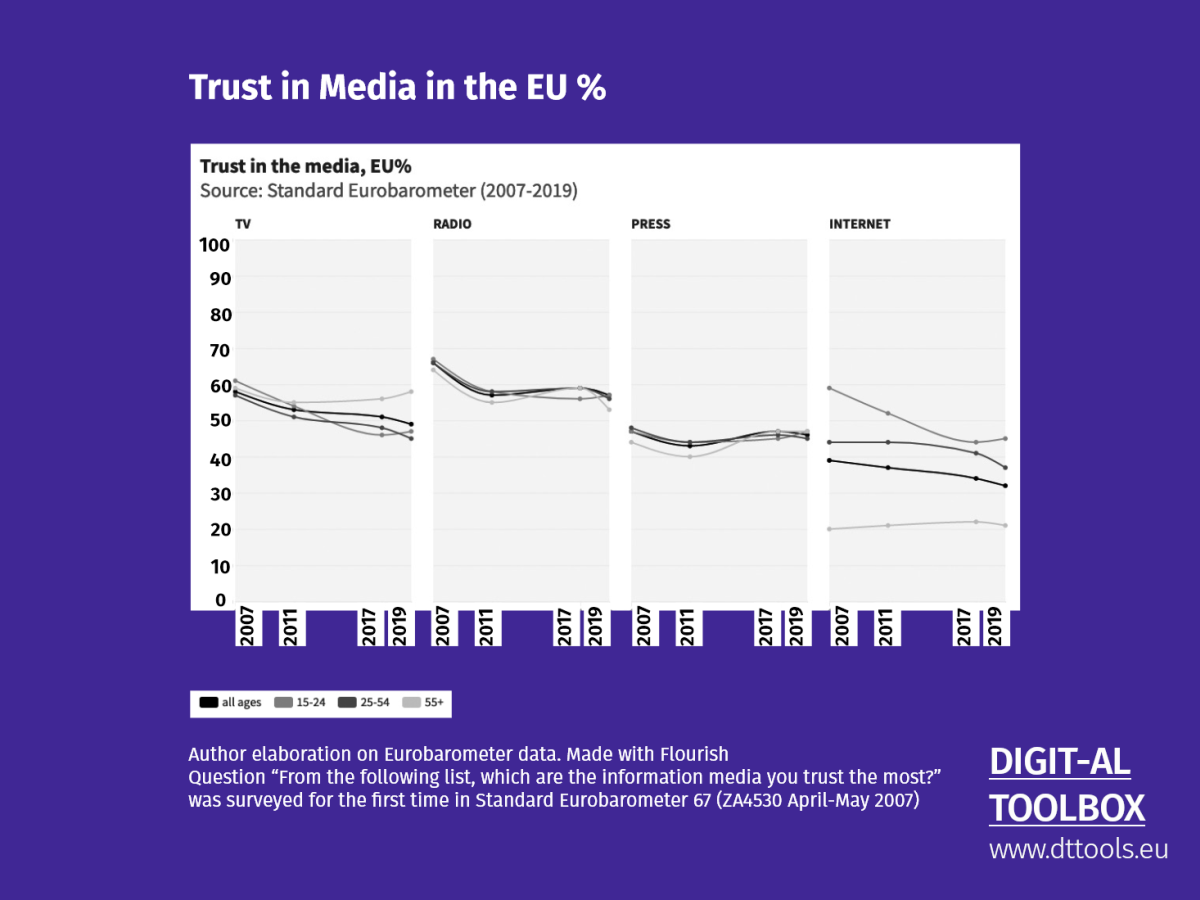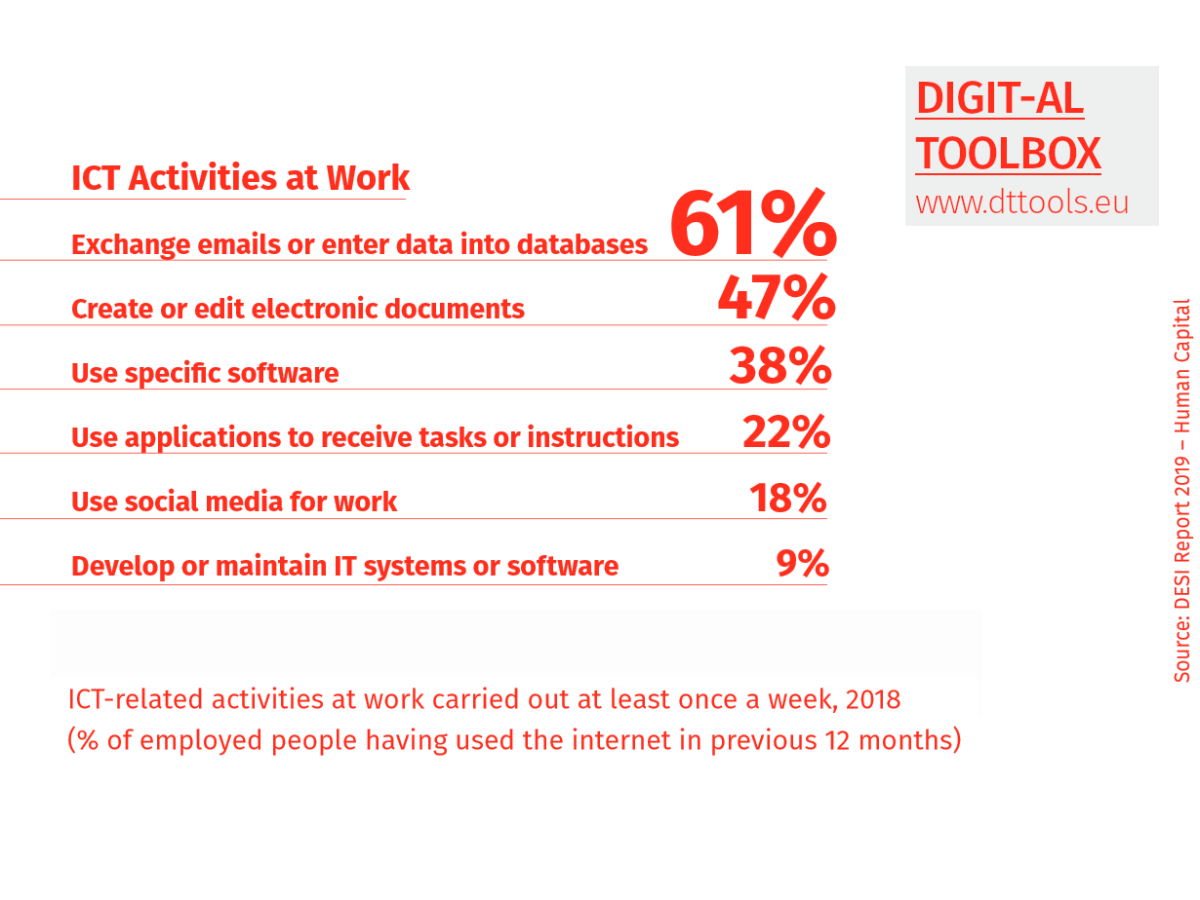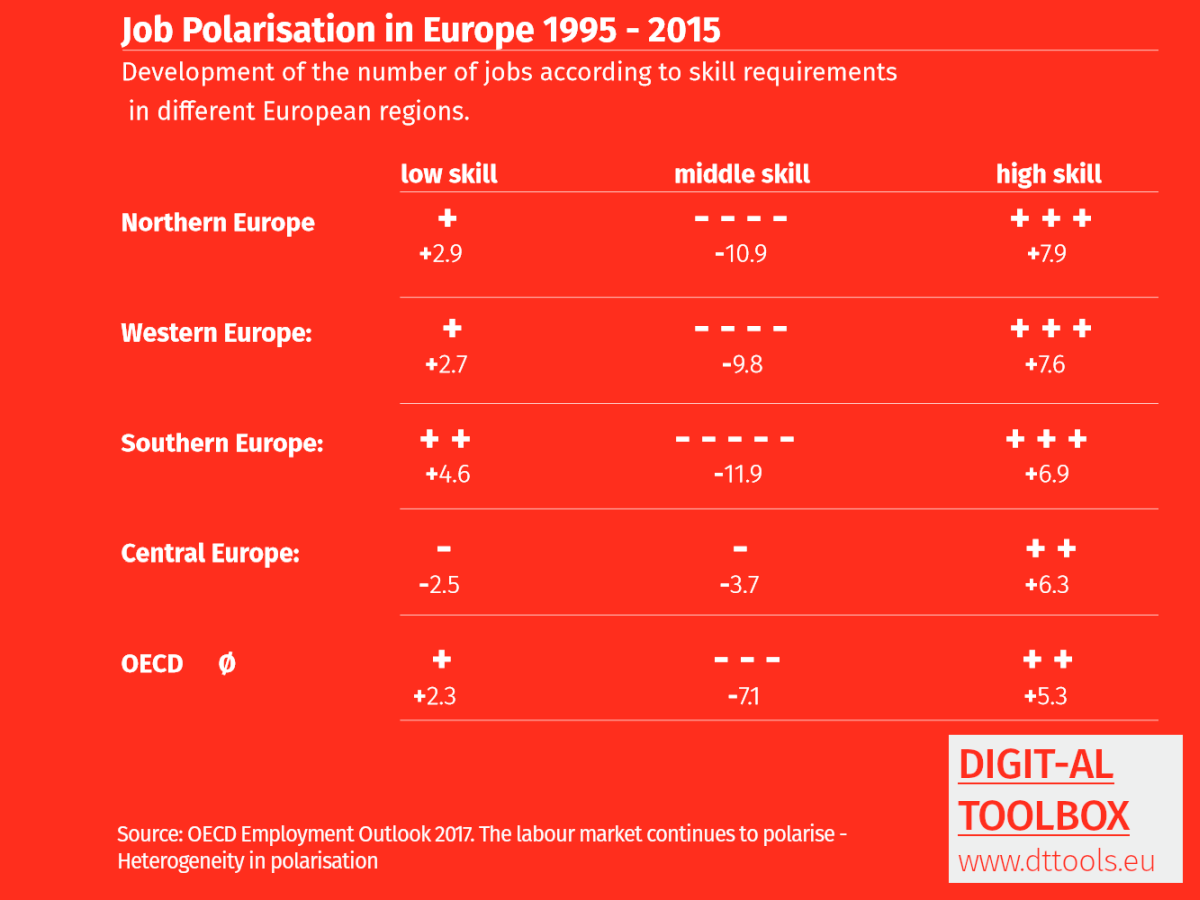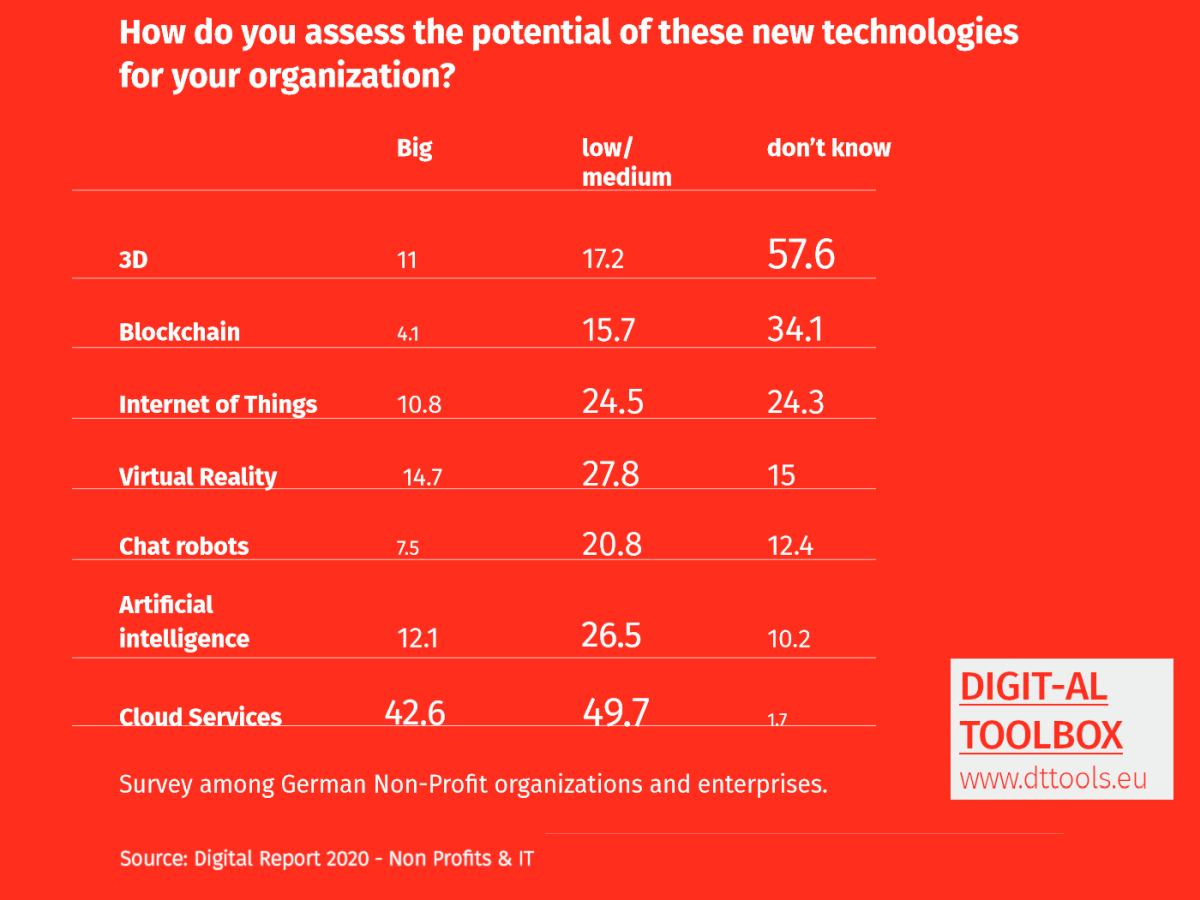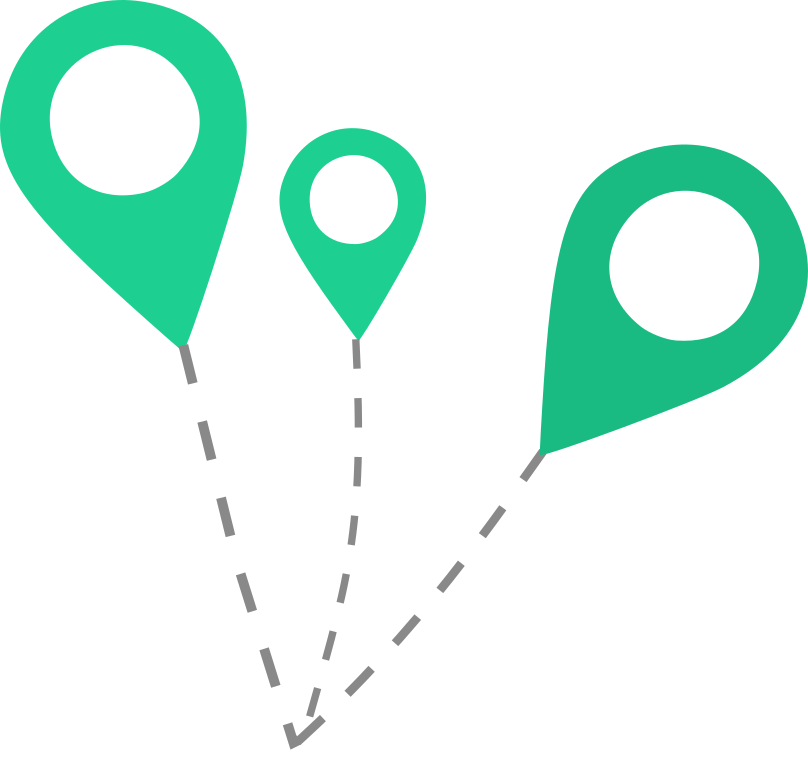
The Topic
Into Digital Transformation
Digitalisation is an essential part of our lives across all dimensions. Many people think that it is a technological process, i.e. it is mainly about computer servers, algorithms, Internet and the like. But it is difficult to separate digitalisation from almost all activities in our lives. When we shop online, are we online or are we shopping? When we play computer games, are we playing or are we at the computer? And when we are active in social media, we are both social and active in an electronic medium. Moreover, our health system is already digitised, the pollution of the planet is, to a growing extent, caused by digital technology, and activities such as navigating a car or collaboration in civil society are increasingly facilitated by digital technology.
Digital Transformation is...
A social, cultural or economic process in which things are done seemingly differently made possible by information and communication technology.
Get a broader picture of digital transformation
Look at both the technology and the nature of economic, social and cultural activities, for example, what we do in different social roles as digital customers, digital activists, digital workers and digital citizens.
Understand the change
Take an interest in the difference that digitalisation brings to such activities. What is changing thanks to new technology? What impact does it have on society?
The Topic
The Role of Education for Democratic Citizenship
Democracy and rights-based education is empowering learners to exercise and defend their rights and responsibilities, and to co-create the society. Any successful democratic transformation requires citizens understanding the change and willing to involve in discourses and decisionmaking.
With a strong aspect of democracy and human rights in lifelong learning, we should lay the foundations for a democratic digital transformation in Europe and empower learners to find a constructive and active position in this transformation.
We need to widen the focus from digital learning to a holistic pedagogy of the digital: Learning with, for and about the digital transformation.
Digital Transformation Competence
What knowledge, skills, values and attitudes do citizens need to understand the digital transformation in their society and how it affects them in their different social roles?
Digital Rights
How are fundamental rights and ethical foundations related to the transformation? Where do they shift their nature, what weakens them and what kind of development strengthens their enforcement?
Active Citizenship and Co-Creation
What active civic competences do citizens need to contribute to the transformation, including participation in relevant public discourses and decisions, self-organisation and social engagement, and the development of social innovations?
Our Resources
Free and open materials
Our project explores digital transformation as a topic in education in all ages and under a lifelong learning perspective.Our focus is set on learning for democratic citizenship and the necessary digital transformation competencies. The materials are published under a Creative Commons License CC BY SA 4.0.
Easy introductions into selected aspects of digitalisation
For educators or teachers in different contexts of education
Online and App: Integrated in: Digital Toolbox Competendo
Handbook for Facilitators
Learning the Digital: Digital Competence and Educating Digital Competence.
Digital transformation and digital competence from the practice of Education for Democratic Citizenship and Human Rights Education.
Our notions of digital competence must respond to the deep roots of digital transformation in our current society. We need a pedagogy of ‘the digital’ that does not focus solely on teaching technical skills, in order for citizens to be prepared for the societal debates about digitalisation, to be able to actively participate in them, and to develop their own informed attitudes toward the possibilities opened up by the digital transformation.
In particular, opportunities for learning democracy and strengthening social participation are needed to empower active citizens, to raise awareness among broader groups in the population, and to ensure that the digital transformation in Europe is people-centred and shaped along democratic rights and values and upholds human rights prinicples.
With this handbook for educators, we present training methodologies and examples of relevant practice and encourage digitalisation as a central topic in lifelong learning: Learning for digitalisation, learning about digitalisation and learning through digitalisation.
Content:
Learning the digital as a competence-based learningNetwork(ed) cultures
Digital global dimension
Artificial Intelligence and algorithms
Activism and Participation
Communication
Digital Self
Reader Series: Smart City - Smart Teaching
Learn about certain aspects of digitalisation
Work under Transformation
Reader: Smart City, Smart Teaching: Understanding Digital Transformation in Teaching and Learning
Platformisation of the European economy, automatisation, additive factoring and the (global) redefinition of value chains and collaboration processes are digital drivers of industrial transformation. Obviously, these developments also have an impact on concrete working conditions, although the differences among countries and also sectors are remarkable. Working spaces have also become more technologically enhanced. One result of digitalisation and rationalisation is job polarisation, an increase of high-profile and low-profile jobs while those in the middle vanish. On the other hand, platforms are creating a new kind of working environment. In particular this brochure also highlights how education policies and training strategies might respond to these challenges. It ends with scenarios in regard to (un)employment and labour and with the idea of a universal basic income, which has received increasing support thanks to discussions about digital transformation.
Content
- Rationalization and Job Polarisation
- The Crowd Working in the Cloud
- Transformation of the Working space
- Toward Upskilling and Lifelong Learning
- A Future without Labour?
Media & Journalism
Reader: Smart City, Smart Teaching: Understanding Digital Transformation in Teaching and Learning
Digitalisation has changed journalism in the last two decades. The digital revolution has created a high-choice media environment, and one of the consequences has been (paradoxically?) news avoidance. Another appearance in recent years has been so-called "fake news" or "disinformation" which we discuss under the topic "information disorder", which has a wider meaning. Next, we examine new information models as possible ways out, including investigative journalism, explanatory reporting, solutions journalism, constructive journalism, and data journalism. Finally, we focus on media literacy as an educational response to cope with the new media environment.
Content
- Two decades of extreme turbulence
- Information disorder
- What ways out? New information models
- Media and information literacy
The Digital Self
Reader: Smart City, Smart Teaching: Understanding Digital Transformation in Teaching and Learning
The question of how digitalisation instigates changes to our body, our social identity and our self-image is becoming apparent. This chapter describes the conditions and aspects constituting a digital identity. One important aspect is the machine-human relationship and its underlying constructive conditions. Another is the identificatory aspect of digital technology - the tension between privacy and identifiability (and for whom), and also we need to explore mechanisms of exclusion and inclusion. Therefore, digital transformation has an impact on the ideas of privacy and autonomy and how they might be achieved in the digital social reality, especially under the conditions that big data and datafication create. The second part tackles the question of how the exposure to and embeddedness in digital interaction affects the abilities and attitudes of us as individuals.
Content
- Into the Internet of Everything
- Mentally controlled by data?
- Our Creepy Lines
E-Governance
Reader: Smart City, Smart Teaching: Understanding Digital Transformation in Teaching and Learning
The digital transition in regard to governments has made all societies focus on security, democracy and data protection issues. In some countries, digitalisation has moved more quickly and is more wide-spread than in others. However, digitalisation has become an unstoppable process, and it is most useful to analyse all kinds of threats and risks and evaluate already existing experiences and achievements in e-government. Estonia is considered to be one of the pioneers and pathfinders in the digital transition of public services and infrastructure, as it was one of the first to start developing e-governance with wide digital possibilities. We introduce, how Estonia has established its e-society and changed also the understanding of people as (digital) citizens with access to tools and platforms that have become essential to participate in society. In consequence, everybody today needs digital citizenship skills to fully participate in the social life of their communities.
Content
- Public Services under Transformation
- How it all came about in Estonia
- Through the lens of democracy and human rights
The Internet, Big Data & Platforms
Reader: Smart City, Smart Teaching: Understanding Digital Transformation in Teaching and Learning
The current digital transformation is rooted in earlier digitalisation in different parts of society. In particular, the emergence of the non-centralised internet, globalisation, networked technology, technical advancement, new ways of networked collaboration and the vision of ubiquitous computing have abetted the transformation toward the dominant topics in discourse around digital transformation today. Topics like the platform economy, big data and artificial intelligence. But the Internet has also helped other ideas break through, in particular, new open and non-centralised models of creation, communication and collaboration. As a global infrastructure, there is also an environmental impact associated with the physical network of cables, satellites, data centres, and antennas. In this publication, we introduce some of these fundamental topics.
Content
- From the Microchip Revolution to the Internet
- The Machine Room behind the Internet
- What is Big Data? Accelerating the Human Cognitive Process
- Platforms and the Decentralised Internet
- Openness
- Algorithms and Artificial Intelligence
Education & Learning
Reader: Smart City, Smart Teaching: Understanding Digital Transformation in Teaching and Learning
Digital transformation has an impact on learning in all ages and situations and is influencing the education and training sector. Education for Democratic Citizenship and Human Rights Education can play a specific role in this transformation and this focus might also affect what kind of digital competencies education is aiming to facilitate. Certainly the education sector itself is a space where digital instruments are more and more included. Therefore the brochure is asking what characterizes digital didactics and digital learning describe, especially in relation and complementary to "analogue" learning spaces. It ends with an outlook to the new practices in the field of recognition of learning - open badges and micro-credentialing.
Content
- Impact of Digital Transformation on (Adult) Education and Training
- Competences for the digital transformation
- The Teacher as an Adult Learner
- There is no digital didactics
- I know how to teach, do I know how to do it digitally?
- Blockchain and micro-credentialing in the digitalisation of education
- Open badges as a Tool in Non formal Education
- Avenues for self assessment and structured learning: Appraiser
Activism & Participation
Reader: Smart City, Smart Teaching: Understanding Digital Transformation in Teaching and Learning
Social movements' transform (digitally) and also the idea and ways of active participation. The authors underline the relevance of both online and offline forms of participation in a world where (hack)tivists and movements play an increasingly major role in local communities and in the global processes. From the tech universe to social feminist organizations, they highlight movements that have mapped out an important path in empowering citizens and brought citizens' voices into the public. The brochure concludes with some reflection about how participation will change in the future and about the necessary competences for participation of citizens under the conditions of the (digital) transformation age.
Content
- New on/offline behaviours & hacktivism
- Plural forms of participation
- Trust and Participatory Governance
- Citizenship Competence
Arts & Culture
Reader: Smart City, Smart Teaching: Understanding Digital Transformation in Teaching and Learning
Digital Transformation impacts the field of arts and culture, but how do artists understand and explore digitalisation? The brochure explores how artists and art research are discussing the transformative process and to what initiatives and new dimensions of culture it could lead. On example of various practices it investigates the arts undergoing a change far beyond the field of production and "consumption", exposing us to new philosophical frontiers of our understanding of nature and culture. Furthermore, it explores deeper what kind of questions and approaches arts and culture could offer also for civic education.
Content
- The Internet Cultures
- Work between URL and IRL
- Inside and Insights of the Cultural Industry
- Artificial Intelligence
- Gaming
DIGIT-AL Paper Robot
Create artficial intelligence and give life to DIGIT-AL, our paperbot. Please print the PDF on stronger paper or cardboard.
App and Online-Toolbox:
Competendo - Digital Toolbox for Citizenship Education
Competendo offers and shares experience, methods and inspiration for (digital) competency based learning, especially non-formal learning.
Positions:
Policy Recommendations: Learning the Digital Lifelong
Positions and reflections from the perspective of Education for Democratic Citizenship/ Human Rights Education
The Project DIGIT-AL Digital Transformation in Adult Learning for Active Citizenship
European organisations
2019-2022

Team
The Partners

Arbeitskreis deutscher Bildungsstätten
Coordinator,Berlin, Germany
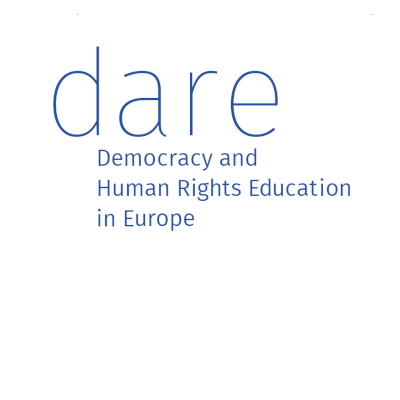
DARE Network
Brussels, Belgium
Jaan Tõnissoni Instituut
Tallinn, Estonia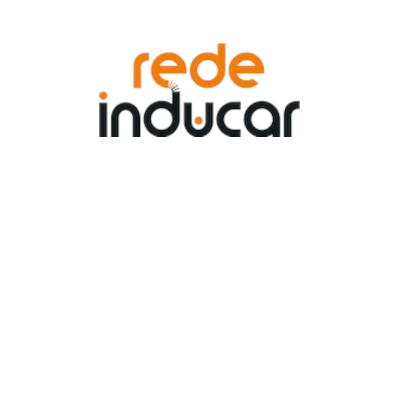
Rede Inducar
Porto, Portugal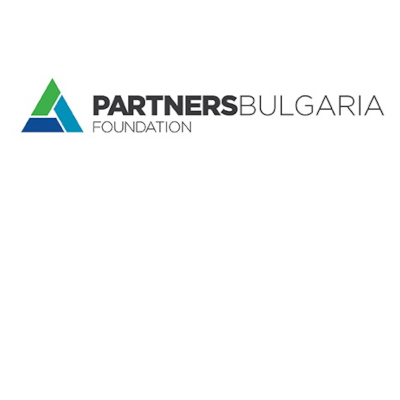
Partners Bulgaria Foundation
Sofia, Bulgaria
Izglītības attīstības centrs
Riga, Latvia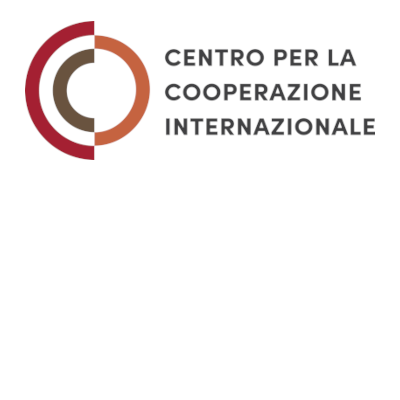
Centro per la Cooperazione Internazionale
Trento, ItalyContact
Contact Us
Location:
Arbeitskreis deutscher Bildungsstätten
Mühlendamm 3, 10178 Berlin, Germany
Nils-Eyk Zimmermann
Coordinator DIGIT-AL
+49 30 400401 21
Email:
zimmermann@adb.de
-
License
This series "Smart City, Smart Teaching: Understanding Digital Transformation in Teaching and Lerning" is an Open Educational Resource (OER) supported by the European Commission and published under a CC Creative Commons License.
-
What is Creative Commons and what are the conditions for copying and sharing?
Sharing is Caring
If you copy or further distribute this publication, please always refer to
DARE network & AdB,
the https://dare-network.eu website as source,
and acknowledge the "DIGIT-AL project" as authors.The Details
If not otherwise noted below the article, the content of this publication is licensed under a Creative Commons Attribution-Share Alike 4.0 International License
You are welcome to:
Share copy and redistribute the material in any medium or format
Adapt remix, transform, and build upon the material.
Under the following terms:
Attribution You must give appropriate credit, provide a link to the license: https://creativecommons.org/licenses/by-sa/4.0/,
Indicate if changes were made. You may do so in any reasonable manner, but not in any way that suggests the licensor endorses you or your use.
Share Alike If you remix, transform, or build upon the material, you must distribute your contributions under the same license as the original.
No additional restrictions You may not apply legal terms or technological measures that legally restrict others from doing anything the license permits.
-
Privacy Statement
Who we are
This website https://dttools.eu is hosted by Arbeitskreis deutscher Bildungsstätten e. V., Mühlendamm 3, 10178 Berlin, Germany.
What personal data we collect and why we collect it
The owners don't like tracking tools, but sometimes they look after how many visitors requested the website, what kind of articles are more requested than others, from where the users accessed our website. Single users are not interesting for us. This interest do we interprete as the in the European Privacy Regulation mentioned "legitimate interest" " concrete Art. 6 " EU-GDPR " Lawfulness of Processing.
Our provider Strato AG is providing us logfiles (which are standard in any webhosting). Log data is automatically saved by Strato AG when a visitor is accessing one of the site's HTML or image files. On the basis of this logfile we receive a statistical report in the format Apache Combined Log Format. It includes the following information:
- Anonymized client-IP: In order to identify from where our server is accessed, we store IP addresses. Strato AG is storing them max 7 days. After this time they are going to be anonymized. From privacy reasons, we are only able to access them in an anonymized way.
- Timestamp: Which day and time of access.
- Request line: The path of the goal URL without domain. If a user is clicking on a picture, the URL stored will be for instance "competendo.net/image.jpg".
- Status code: Surely you know a 404 error page. 404 is a status code (the code for "page does not exist") The Internet Assigned Numbers Authority was publishing also many other status codes which are helpful for problem analysis. 200 for instance means "OK", the page was loaded without any problems.
- Size of the response body: If a user is entering our website they are temporarily downloading data, for instance the texts and images they are seeing in their browser. The log file informs us, how big they were.
- Referrer of the client, showing from where somebody came to this URL.
- User agent, sent by the client: Information about the browser, browser version, operating sytem of the visitor.
- Remote user: Usually this field is empty. Strato AG is storing information only, if somebody logged in our page based on http-basicauth. However, nowadays most websites are using another approach for authentification working with javascript (and in this case no remote user information is stored).
Some of the in the following mentioned aspects might be not relevant to you as we don't use tracking or other analytical tools and also not Google fonts. But you never know if not thanks to plugins or content from other parties strange things happen. We herewith explain that we try to use only such plugins conform with data security standards.
Embedded content from other websites
Articles on this site may include embedded content (e.g. videos, images, articles, etc.). Embedded content from other websites behaves in the exact same way as if the visitor has visited the other website. These websites might collect data, use cookies, embed third party tracking services and register your activity via the embedded content, if you have an account and are logged in to such a website.
You might protect yourself also with these or similar browser plugins against such tracking: Privacy Badger uBlock for FirefoxuBlock for Chrome
With whom we share your data
We don"t share personal data received through the website with third parties (in example via contact form received messages) Except if you would especially asks us for doing so or allow us to share information (in example in an email request for contacting you with DARE network or Competendo).
The provider
The provider of this website is also mentioned in the imprint. If you should have any question regarding your data, aiming to delte it or to make us aware of anything, please contact us: DARE Network | Nils-Eyk Zimmermann | office@dare-network.eu
More Privacy?
Our Digital Toolbox Competendo provides information about privacy and highlights books, websites and apps dedicated to support your privacy. Competendo: Privacy Protection
-
Disclaimer
We value your personal data and explain, where we collect it and to what purpose and how legitmiatedin: Competendo - Tools for Facilitators:Privacy policy Liability for content
As a service provider we are responsible for own contents on these sides according to the general laws. We are as a service provider not obligated to monitor transmitted or stored third-party information or to investigate circumstances that indicate an illegal activity.
Obligations to remove or block the use of information under general law remain unaffected. However, liability in this regard is only possible from the moment of knowledge of a specific infringement. Upon notification of appropriate violations, we will remove this content immediately. Liability for links
Our website contains links to external websites of third parties on whose contents we have no influence. Therefore, we can not assume any liability for this external content. The content of the linked pages is always the responsibility of the respective provider or operator of the pages. The linked pages were checked for possible legal violations at the time of linking. Illegal content was not recognisable at the time of linking.
However, ongoing content control of the linked pages is not reasonable without concrete evidence of a violation of law. Upon notification of violations, we will remove such links immediately. Copyright
The content and works on these pages created by the site operators are subject to German copyright law. The duplication, processing, distribution and any kind of exploitation outside the limits of copyright require the written consent of the respective author or creator. Downloads and copies of this site are for private, non-commercial use only.
As far as the contents on this side were not created by the operator, the copyrights of third parties are considered. In particular contents of third parties are marked as such. Should you still be aware of a copyright infringement, we ask you to contact us. Upon notification of violations, we will remove such content immediately.
Compiled using the disclaimer of Lawyer Sören Siebert

